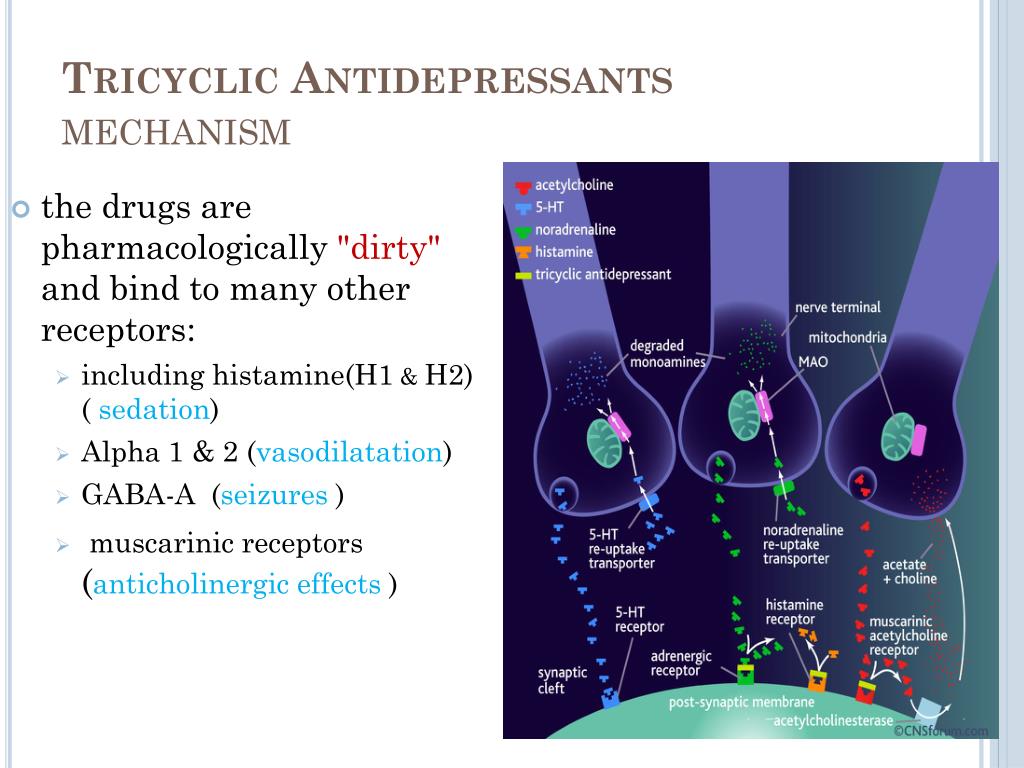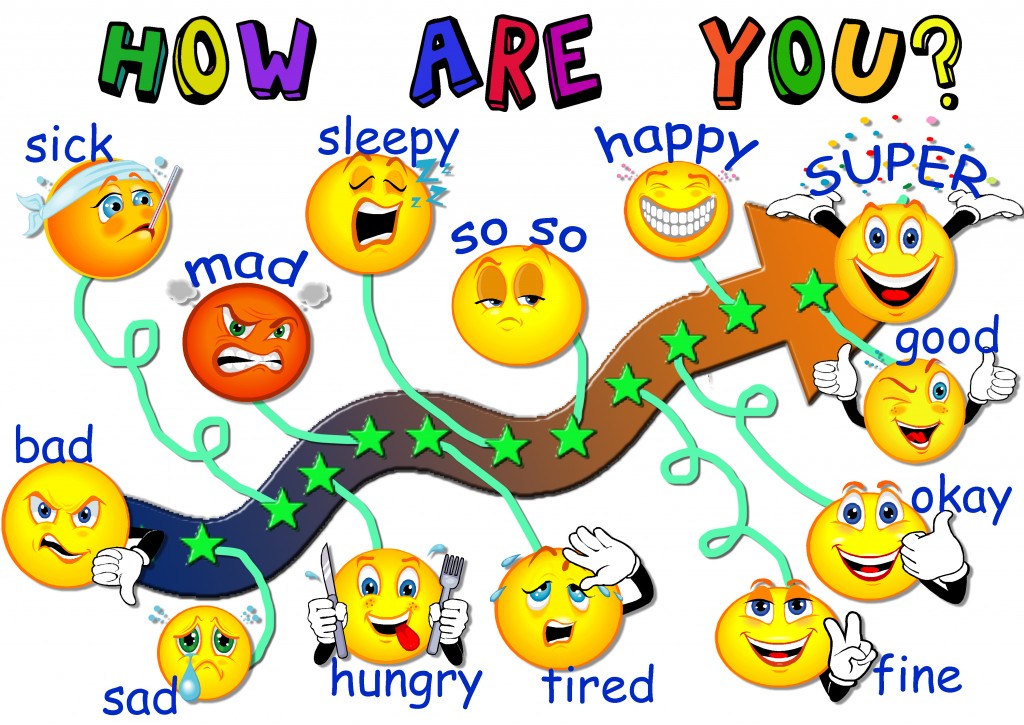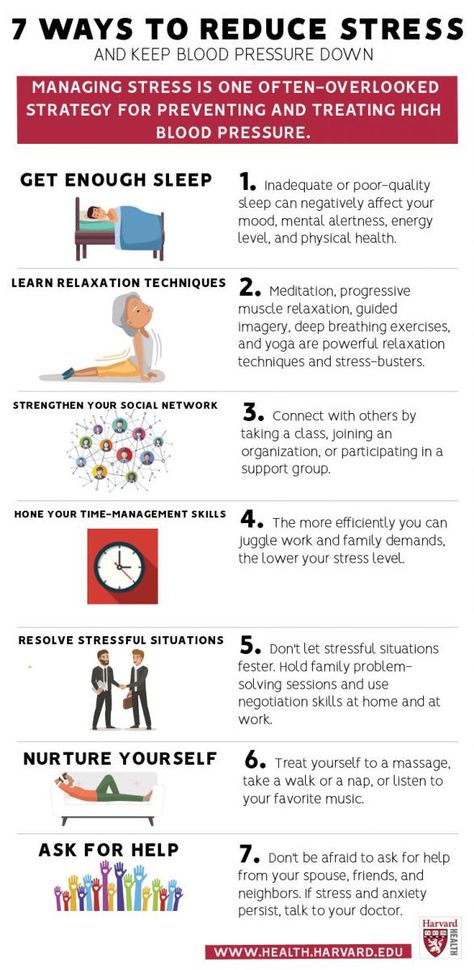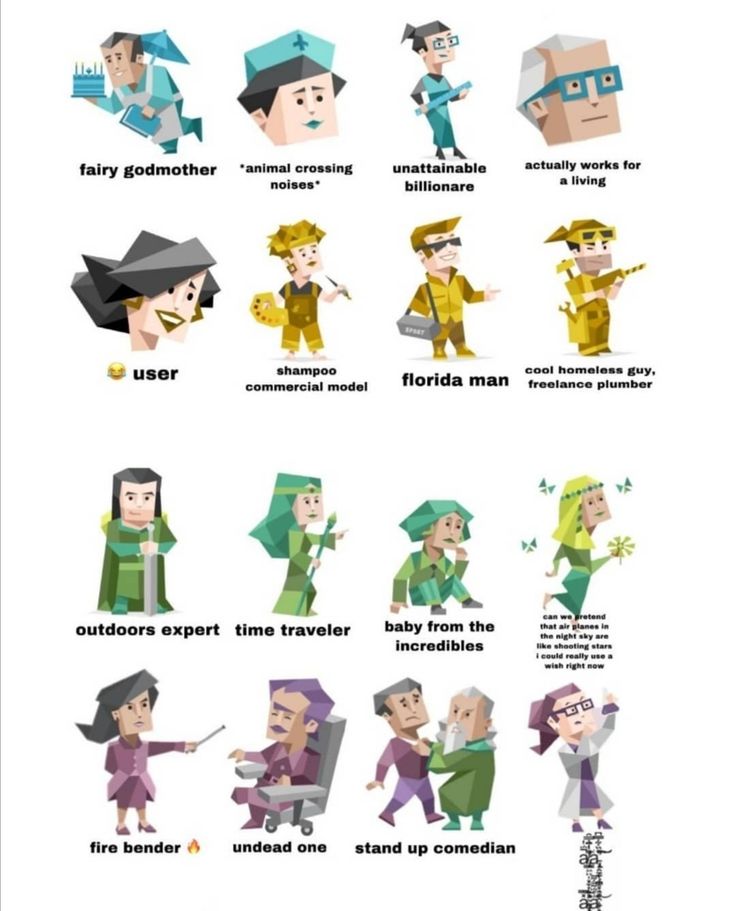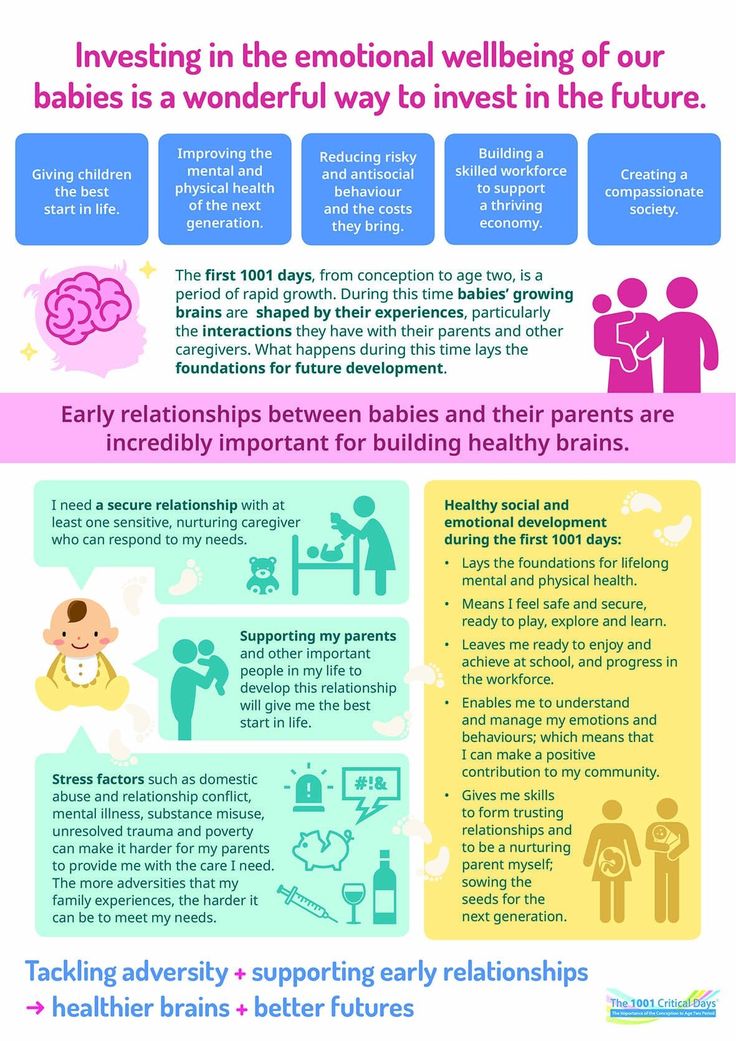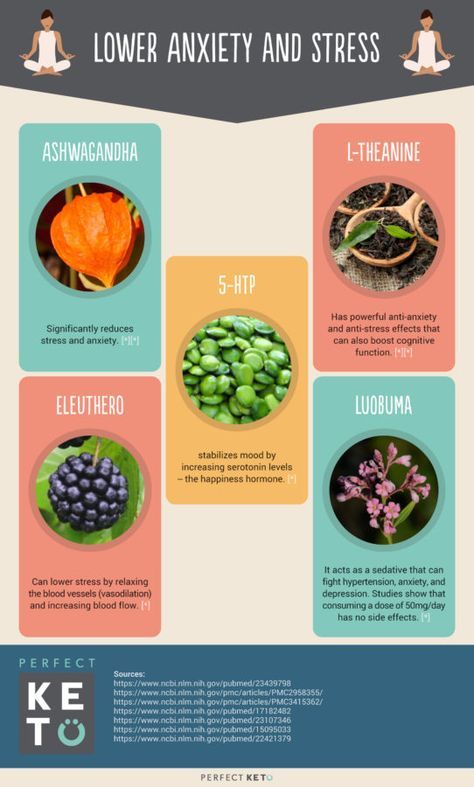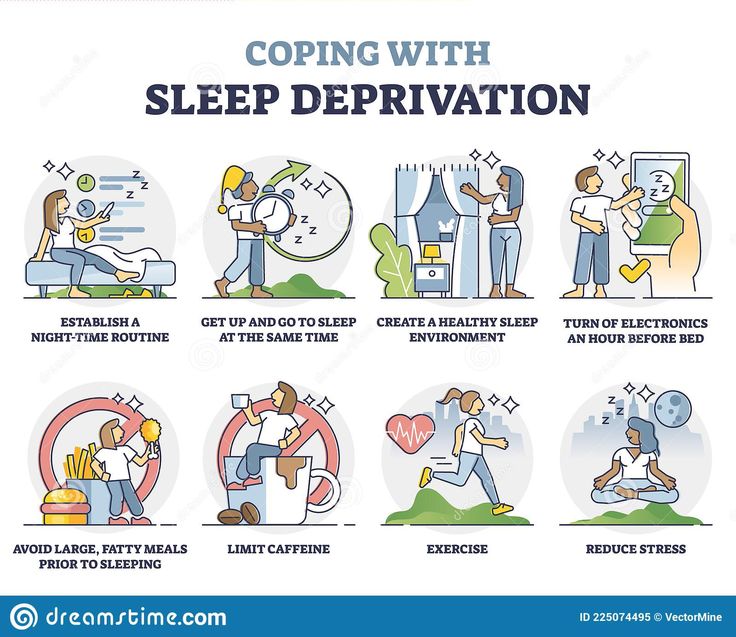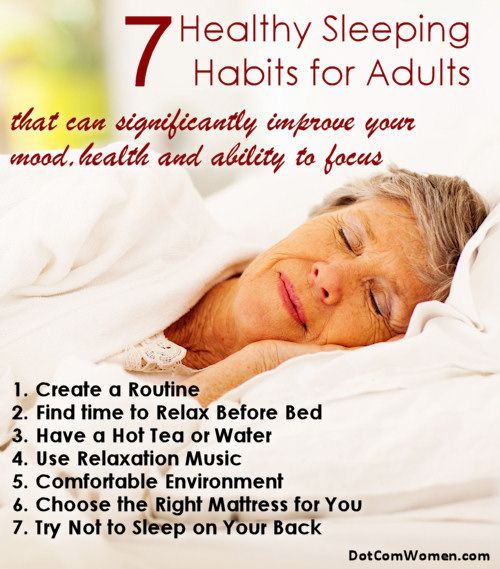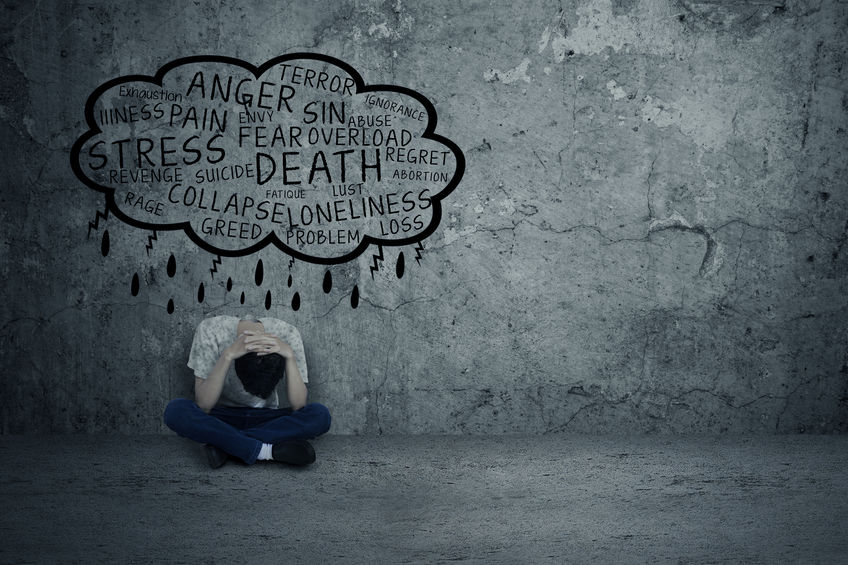Cons of antidepressants
Understanding the Pros and Cons of Antidepressants
Some have strong opinions about antidepressants and whether they should be taken, concerned about side effects, psychological dependence, or addiction. Yet, many people find antidepressants can help them through different phases of depression and help them better cope.
Deciding to use an antidepressant as a treatment option is a personal decision involving a collaborative effort with your doctor. Doing your research, learning more about antidepressants, and talking with your doctor can help you make a choice that is right for you.
Antidepressants are medications used to treat depression. They have effects on neurotransmitters, reduce the biological impact of stress on the brain, reduce neuroinflammation – inflammation in the brain or spinal cord, and increase the brain’s capacity to deal with future stress.
They don’t work immediately; it may take a few weeks for you to feel the effects. There are different kinds of antidepressants, and you might have to try more than one before finding the one that is right for you.
Common classes of antidepressants used to help treat depression include:
- selective serotonin reuptake inhibitors (SSRIs)
- serotonin and norepinephrine reuptake inhibitors (SNRIs)
- tricyclic antidepressants
- dopamine reuptake blocker
- 5-HT1A receptor antagonists
- 5-HT2 receptor antagonists
- 5HT-3 receptor antagonists
- monoamine oxidase inhibitors (MAOIs)
- noradrenergic antagonist
There are also atypical antidepressants, as well as natural supplements that may help boost the therapeutic effects of antidepressants.
There are many benefits to taking antidepressants. Being aware of these benefits can help you make an informed decision.
They are effective at relieving symptoms
Antidepressants have been found to be more effective than placebo in treating major depression in adults, though they usaully take a few weeks to reach their full effect, and you might have to try more than one to find the most effective antidepressant for you.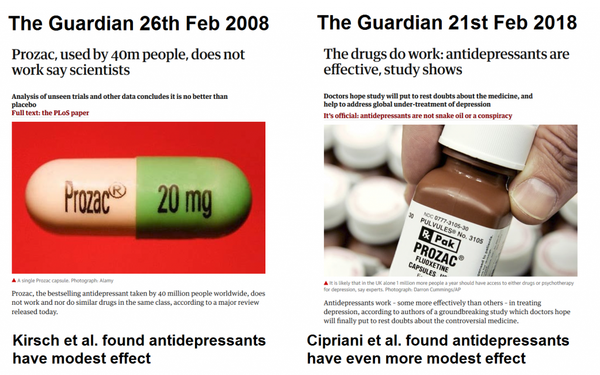
They are well-studied and generally safe
Antidepressants have all been approved by the Food and Drug Administration (FDA). This means they have gone through rigorous testing and clinical trials.
They can help you succeed with other parts of your treatment plan
Your treatment plan can involve a variety of things, including things like performing basic self-care tasks. If your depression makes you apathetic and lethargic, antidepressants can help restore your energy so you can do everyday activities, participate in therapy, and other items on your treatment plan.
Improved quality of life
In addition to mood benefits, people on antidepressants report an improved quality of life: they are less reactive to negative life events, they can examine things in a more balanced way, and they can concentrate better.
Finding a doctor if you think you need antidepressants
Finding treatment for depression is a big step and isn’t always easy. If you think you need antidepressants, a healthcare professional can do screenings and talk about your symptoms with you to evaluate your situation.
- Talk with your primary care provider. They can screen for depression, and some prescribe antidepressants. Others may prescribe them and refer you to a counselor for talk therapy as well.
- Ask your doctor for a referral to a psychiatrist. This is especially important if your depression is severe or you have other medical or mental health conditions.
If you don’t have a primary care provider, there are many organizations that can help you find a psychiatrist or mental health professional near you. Here are a few:
- American Psychiatric Association’s (APA) Find a Psychiatrist search
- Substance Abuse and Mental Health Services Administration helpline
- Anxiety & Depression Association of America Find a Therapist Directory
- Black Mental Health Alliance’s Connect with a Therapist search
- American Society of Hispanic Psychiatry’s Find a Physician search
- World Professional Association for Transgender Health’s (WPATH) provider directory
As with any medication, there can be cons to taking antidepressants. These may be different for each person, but being aware of them can help you prepare. Talking with your doctor about any of the drawbacks can help you reassess your medication. In this discussion, the cons must be compared with the pros.
These may be different for each person, but being aware of them can help you prepare. Talking with your doctor about any of the drawbacks can help you reassess your medication. In this discussion, the cons must be compared with the pros.
You may need to try several to find the right one for you
Not every antidepressant will work for every person. You might have to switch more than once to find the best medication for you and your symptoms.
They may affect your sex drive
Antidepressants may reduce your sex drive or sexual functioning. Some antidepressants are more likely than others to have sexual side effects. About 1 in 5 adults in the US experiences sexual side effects due to antidepressants. This can include delayed lubrication, delayed or blocked orgasm, or trouble maintaining an erection. If the side effects are interfering with your relationship, ask your doctor about adjusting the dosage, or finding other ways to manage these side effects.
They can affect your sleep and/or your weight
Although disrupted sleep is a common complaint of people with depression, it is not usually clear whether it is a side effect of medication or a residual symptom of depression.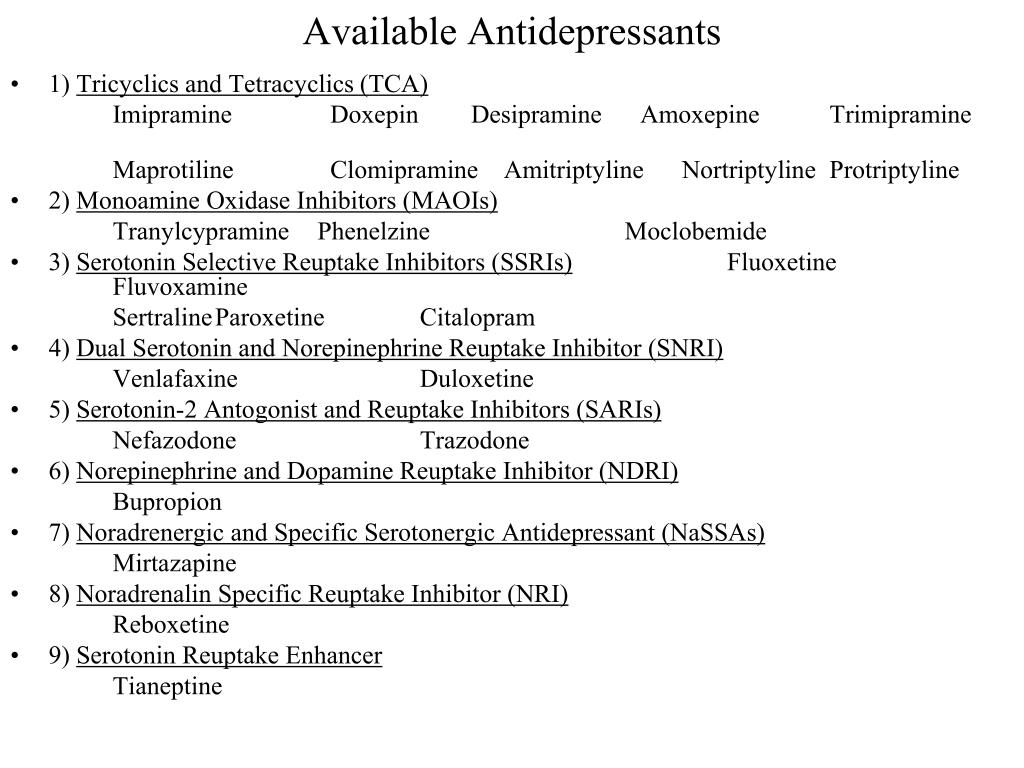 Overall, antidepressants may help normalize sleep over time. However, depending on the antidepressant, the dosage, and when you take it, antidepressants may contribute to insomnia, while others may be too sedating. If you have a sleep disorder, this can further affect sleep. If your antidepressant is interfering with sleep, talk with your doctor. The drug or dosage may need to be reviewed.
Overall, antidepressants may help normalize sleep over time. However, depending on the antidepressant, the dosage, and when you take it, antidepressants may contribute to insomnia, while others may be too sedating. If you have a sleep disorder, this can further affect sleep. If your antidepressant is interfering with sleep, talk with your doctor. The drug or dosage may need to be reviewed.
Some antidepressants list weight gain as a side effect. Everyone is different and responds to medications differently. Sometimes the reason for weight gain is because daily activities like making meals or going out with friends are occurring again and involve food. An improved mood can increase your appetite as well. Other antidepressants carry a lower risk of weight gain. As a whole, the potential for weight gain should not be a factor in your decision about antidepressants.
They may be costly
Even with insurance and generic prescriptions, the medication might still be financially difficult for some people.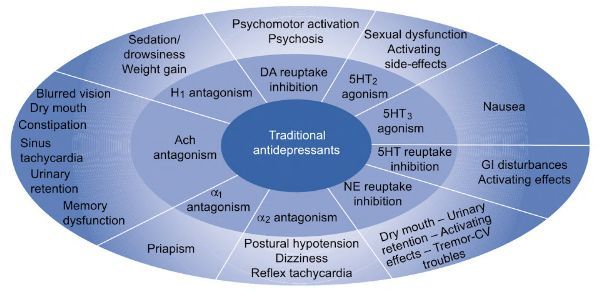 Although prescription cost is governed by your insurance provider and plan, it may be useful to work with your doctor to see if the doctor needs to provide an authorization request to your insurance company, help you find a more affordable option, or provide you with samples or coupons they can give you.
Although prescription cost is governed by your insurance provider and plan, it may be useful to work with your doctor to see if the doctor needs to provide an authorization request to your insurance company, help you find a more affordable option, or provide you with samples or coupons they can give you.
They may have side effects
Side effects can be annoying, especially at first, like dry mouth, fatigue, nausea, or headache. The good news is that these minor side effects tend to pass within a few weeks. If you continue to have side effects or there are other significant side effects that don’t go away, talk with your doctor.
If you choose to stop, you can’t stop abruptly
If you decide to stop taking antidepressants, abrupt stopping is not recommended, as withdrawal symptoms can occur. Don’t stop taking your medication until you’ve talked with your doctor. They might put you on a tapering plan or switch you to a new medication. They can also monitor you for any withdrawal symptoms.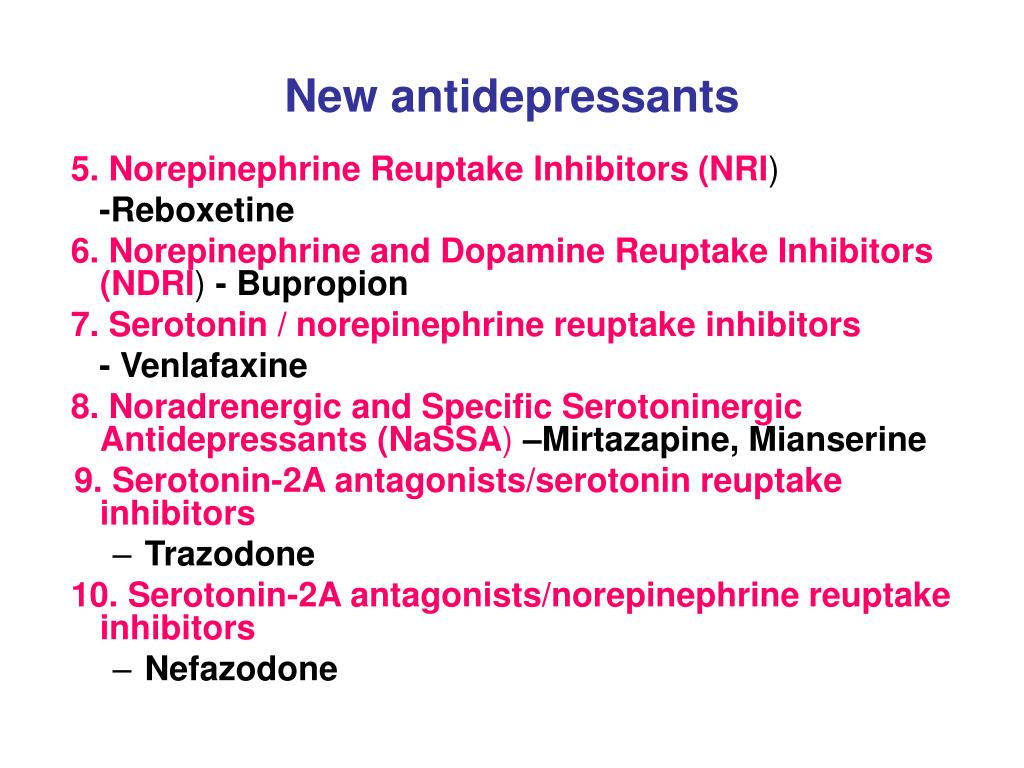
Antidepressants are generally a safe and effective treatment option for depression. There are various classes of antidepressants, and different drugs within each class. Finding the right one for you can take time, and you might have to try more than one before you find the medication that works best for you.
Depression: How effective are antidepressants? - InformedHealth.org
Last Update: June 18, 2020; Next update: 2023.
Like psychotherapy, antidepressants are a key part of treating depression. They aim to relieve symptoms and prevent depression from coming back.
Opinions vary on how effective antidepressants are in relieving the symptoms of depression. Some people doubt that they work well, while others consider them to be essential. But, like with many other treatments, these medications may help in some situations and not in others. They are effective in moderate, severe and chronic depression, but probably not in mild cases. They can also have side effects.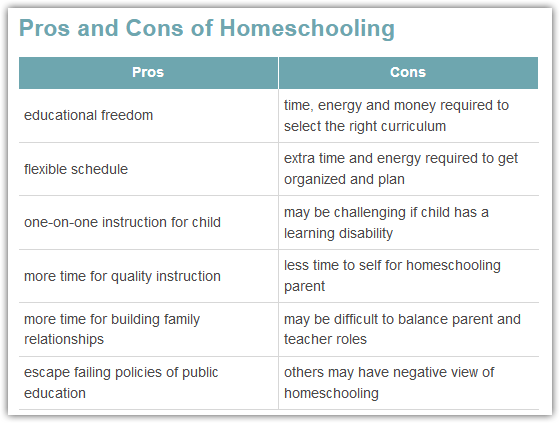 It is important to discuss the pros and cons of antidepressants with your doctor.
It is important to discuss the pros and cons of antidepressants with your doctor.
The main aim of treatment with antidepressants is to relieve the symptoms of severe depression, such as feeling very down and exhausted, and prevent them from coming back. They are meant to make you feel emotionally stable again and help you to follow a normal daily routine. They are also taken to relieve symptoms such as restlessness, anxiety and sleep problems, and to prevent suicidal thoughts.
This information is about using medication to treat the most common form of depression, known as unipolar depression. The treatment options for manic depression (bipolar disorder) aren't discussed here.
What antidepressants are available?
There are various medications for the treatment of depression. They can be split up into different groups. This article is mainly about the most commonly used antidepressants:
Tricyclic antidepressants (TCAs)
Selective serotonin re-uptake inhibitors (SSRIs)
Selective serotonin noradrenaline re-uptake inhibitors (SNRIs)
Tricyclic antidepressants have been on the market the longest. They are considered to be first-generation antidepressants. SSRIs and SNRIs are second-generation antidepressants.
They are considered to be first-generation antidepressants. SSRIs and SNRIs are second-generation antidepressants.
The following are prescribed less often:
Adrenergic alpha-2 receptor antagonists
Monoamine oxidase (MAO) inhibitors
Selective noradrenaline re-uptake inhibitors
Selective noradrenaline/dopamine re-uptake inhibitors
Melatonin receptor agonists and serotonin 5-HT2C receptor antagonists
There are also medications (like trazodone and lithium) that don't belong to any group, as well as herbal products such as St. John's wort.
How do antidepressants work?
The nerve cells in our brain use various chemicals to pass on signals. Even though not all details are known, experts believe that depression is caused by an imbalance of certain chemical messengers (neurotransmitters) like serotonin, which means that signals can't be passed along the nerves properly. Antidepressants aim to increase the availability of these chemicals.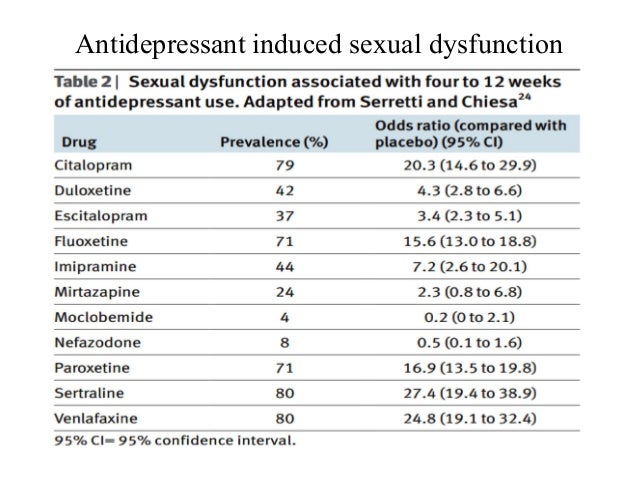 The various drugs do that in different ways.
The various drugs do that in different ways.
What does the treatment involve?
Antidepressants are usually taken daily. The goal in the first few weeks and months is to relieve the symptoms and, where possible, make the depression go away. Once that has been achieved, the treatment is continued for at least four to nine months. This continuation therapy is necessary to stop the symptoms from coming back. The medication is sometimes taken for longer to prevent relapses. The duration of treatment also depends on how the symptoms continue to develop over time and whether the depression is likely to return. Some people take antidepressants over many years.
It's important to have regular appointments with your doctor when taking antidepressants. There you can talk about whether the symptoms have improved and whether there are any side effects. The dose will be adjusted if necessary. By no means should you reduce the dose or stop taking the medication on your own. That can make the tablets less effective, or they may cause more side effects.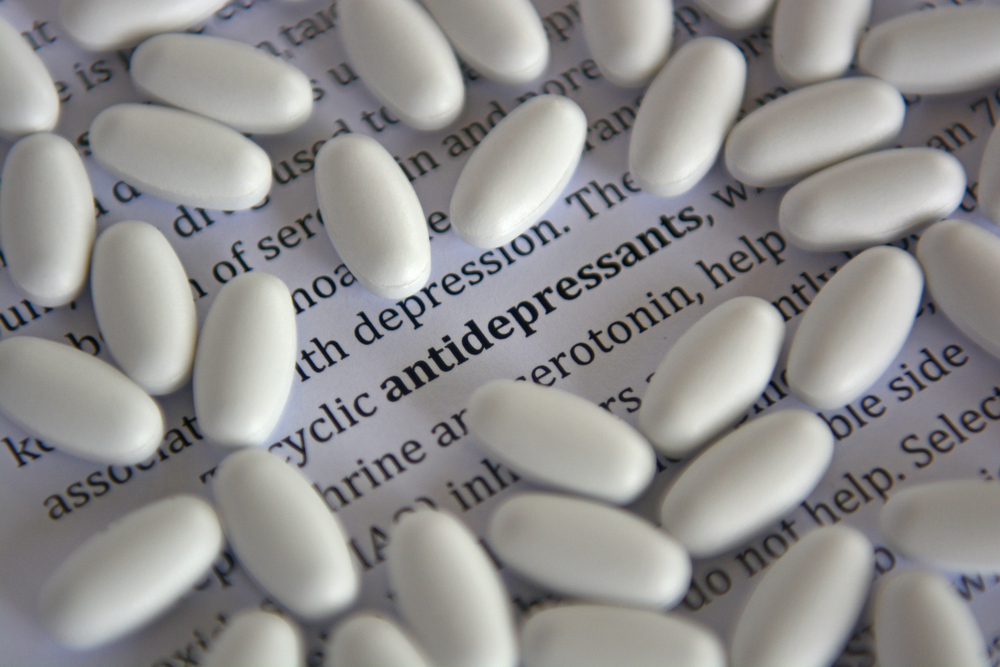
Towards the end of the treatment, the dose is gradually reduced over the course of several weeks. You may experience temporary sleep problems, nausea or restlessness when coming off antidepressants. These symptoms are especially likely if you suddenly stop taking antidepressants. Sometimes people stop taking their medication as soon as they start feeling better, but that increases the risk of the depression coming back. Unlike many sleeping pills and sedatives, antidepressants don't cause physical dependence or addiction.
How effectively do antidepressants relieve the symptoms?
There are a lot of different medications for treating depression. But it's difficult to predict how well a particular medication will help an individual. So doctors often first suggest taking a drug that they consider to be effective and relatively well tolerated. If it doesn't help as much as expected, it's possible to switch to a different medication. Sometimes a number of different drugs have to be tried before you find one that works.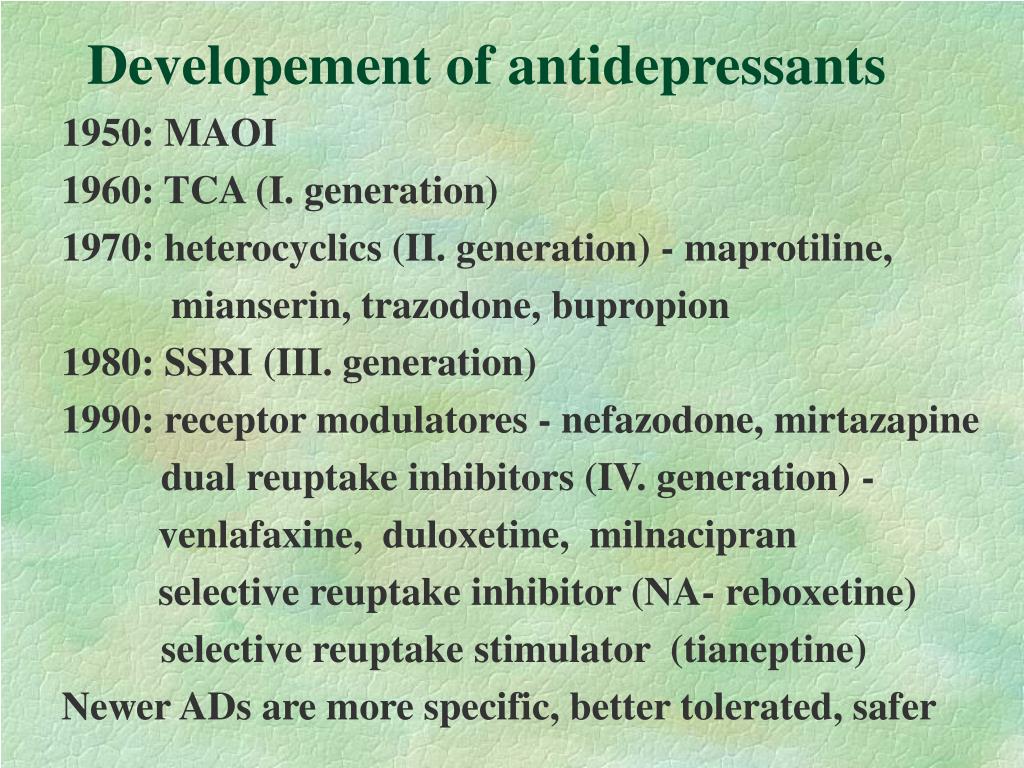
Studies show that the benefit generally depends on the severity of the depression: The more severe the depression, the greater the benefits will be. In other words, antidepressants are effective against chronic, moderate and severe depression. They don't help in mild depression.
The various antidepressants have been compared in many studies. Overall, the commonly used tricyclic antidepressants (SSRIs and SNRIs) were found to be equally effective. Studies involving adults with moderate or severe depression have shown the following:
Without antidepressants: About 20 to 40 out of 100 people who took a placebo noticed an improvement in their symptoms within six to eight weeks.
With antidepressants: About 40 to 60 out of 100 people who took an antidepressant noticed an improvement in their symptoms within six to eight weeks.
In other words, antidepressants improved symptoms in about an extra 20 out of 100 people.
Antidepressants can also relieve long-term symptoms of chronic depressive disorder (dysthymia) and chronic depression, and help make them go away completely.
An antidepressant can already have an effect within one or two weeks. But it may take longer for the symptoms to improve.
Depressive symptoms can also be treated with a combination of two medications. This might lead to a noticeable improvement. In some people it can take a long time for a medication to start helping. Other people still have symptoms even after trying several different medications. You can then discuss the other possible treatment options with your doctor.
How well can antidepressants prevent relapses?
Antidepressants are usually taken for one to two years, and sometimes longer, to prevent relapses. Relapse prevention may be a good idea for people who
have already had several relapses,
absolutely want to avoid a relapse, or
have chronic depression.
Studies involving adults have shown that taking commonly used antidepressants such as TCAs, SSRIs or SNRIs can lower the risk of relapses, but can't completely prevent them:
Without preventive treatment: About 50 out of 100 people who took a placebo had a relapse within one to two years.
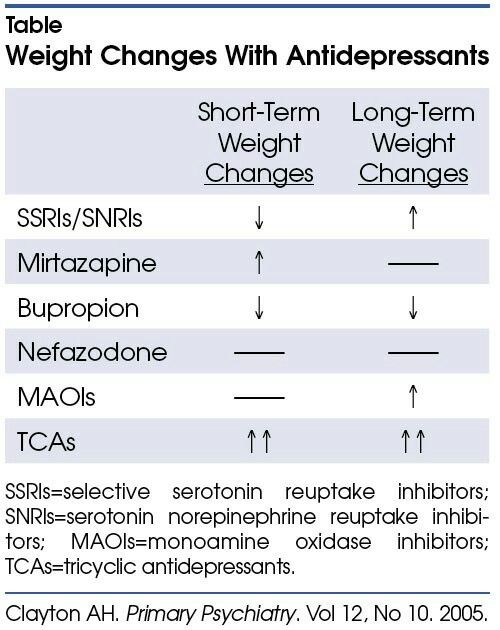
With preventive treatment: About 23 out of 100 people who took an antidepressant had a relapse within one to two years.
In other words, taking an antidepressant over a long period of time successfully prevented a relapse in an average of 27 out of 100 people.
What are the side effects of antidepressants?
Like all medications, antidepressants can have side effects. Over half of all people who take antidepressants have side effects. They usually occur during the first few weeks of treatment and are less common later on.
Some of these side effects are believed to be a direct consequence of the medication's effect on the brain and are relatively similar among various drugs within the same group. Examples include a dry mouth, headaches, dizziness, restlessness and sexual problems. These kinds of problems are often perceived to be side effects of the medications. But some of them may be caused by the depression itself.
Whether or not someone has side effects, which side effects they have, and how frequent they are will depend on the drug, the dose used, and whether they have just started taking it or have been taking it for some time.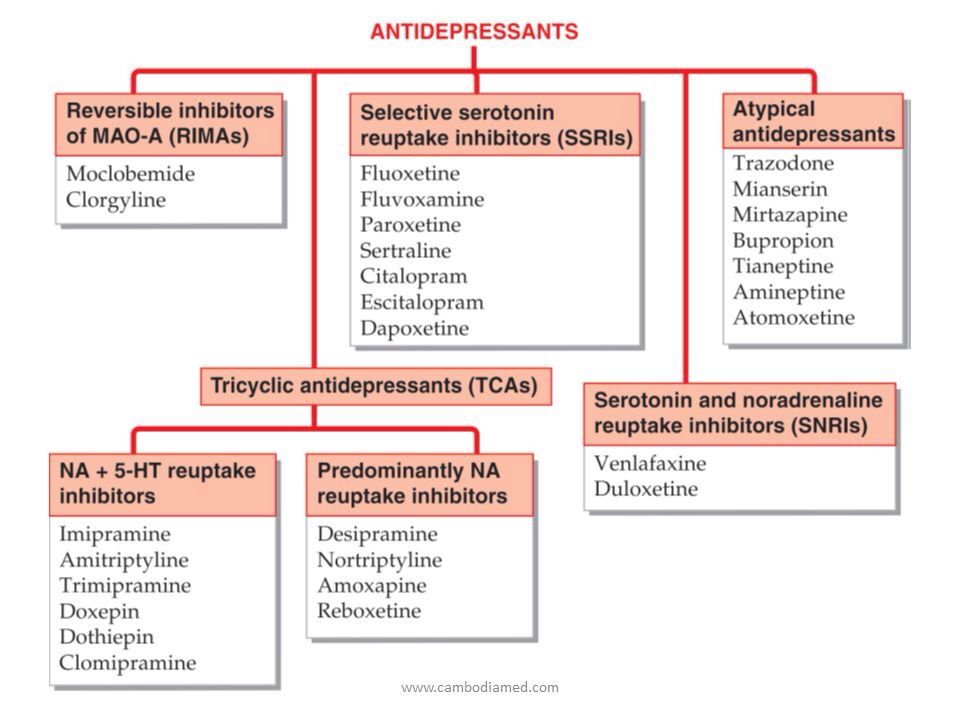 And everyone reacts slightly differently to drugs too. The risk of side effects increases if you are also taking other medication. One of the drugs may make the side effects of the other worse. These kinds of drug interactions are common in older people and people with chronic illnesses who are taking several different kinds of medication.
And everyone reacts slightly differently to drugs too. The risk of side effects increases if you are also taking other medication. One of the drugs may make the side effects of the other worse. These kinds of drug interactions are common in older people and people with chronic illnesses who are taking several different kinds of medication.
For this reason, it's important to thoroughly discuss the pros and cons of the various medications with your doctor.
Some side effects are more common with particular drugs:
SSRIs are more likely than tricyclic antidepressants to cause diarrhea, headaches, sleep problems and nausea.
Compared to SSRIs, tricyclic antidepressants are more likely to cause vision problems, constipation, dizziness, a dry mouth, trembling and difficulty urinating (peeing).
The side effects of tricyclic antidepressants are often worse than those of SSRIs and SNRIs. More people tend to stop taking tricyclic antidepressants because of this: Studies found that about 15 out of 100 people who were taking tricyclic antidepressants did so, compared to around 10 out of 100 people who were taking SSRIs.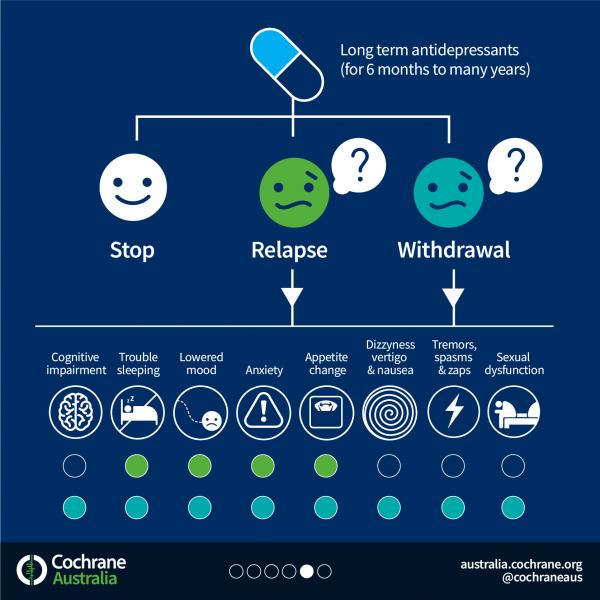 There's also a greater risk of severe side effects if an overdose of tricyclic antidepressants is taken.
There's also a greater risk of severe side effects if an overdose of tricyclic antidepressants is taken.
Severe side effects
Antidepressants can cause dizziness and unsteadiness, increasing the risk of falls and bone fractures, especially in older people. Interactions with other medications can increase this risk.
A very small number of people have had heart problems, epileptic fits or liver damage while taking antidepressants. It is believed that these were rare side effects of antidepressants. Various studies suggest that teenagers are more likely to think about killing themselves (committing suicide) when taking SSRIs or SNRIs, and also actually attempt to take their own lives more often. Because of this, teenagers should see their doctor or therapist more regularly at the beginning of treatment so that any risk of suicide can be identified early on.
What should you consider when deciding whether or not to take antidepressants?
Whether antidepressants are an option will depend on things like the severity of the symptoms.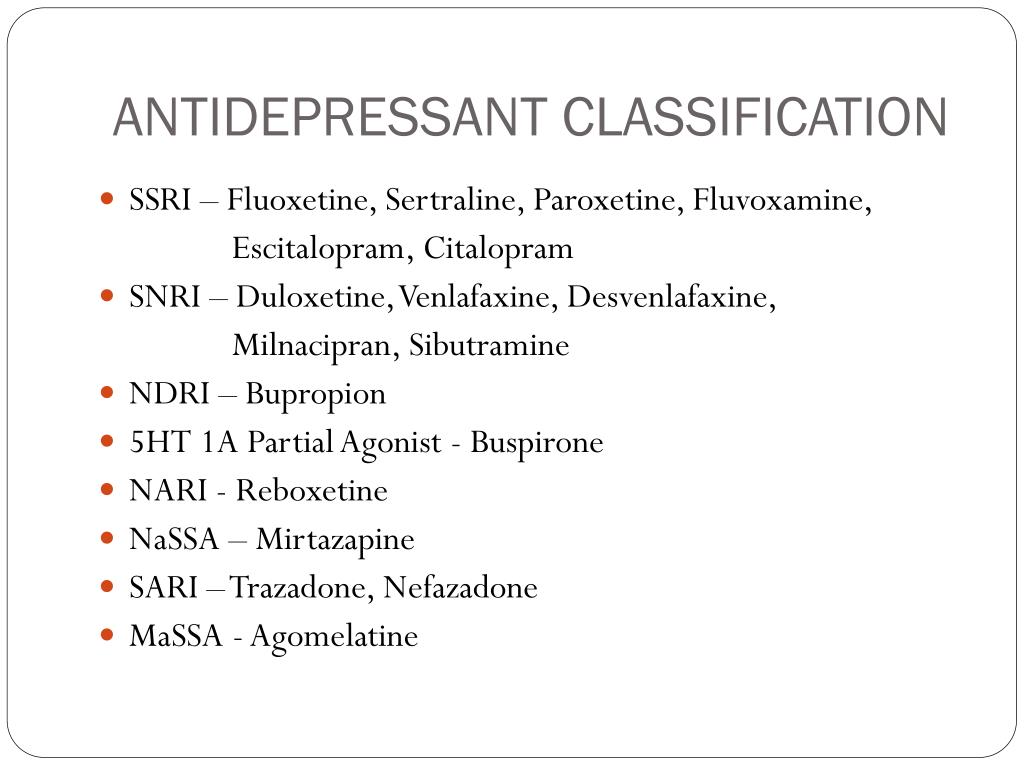 Other aspects can also play a role in the decision:
Other aspects can also play a role in the decision:
Are you going to psychotherapy or are you planning to?
Have you taken antidepressants before and did they help?
How bad do you think the potential side effects are compared to the possible benefits?
The question of side effects can also be key when choosing which drug to take: Some people might be more keen to avoid digestion problems. Others might prefer to avoid dizziness, decreased sex drive or erection problems.
It only makes sense to use antidepressants if the diagnosis is correct. Specialists believe that some people are prescribed antidepressants unnecessarily. The fact that a lot more people take antidepressants nowadays suggests that this is true. They are sometimes already prescribed for milder symptoms, even though it's not clear whether they help in mild depression.
But it's still important to make sure that severe depression is diagnosed and treated properly. Antidepressants can be helpful here, and for some people may be the only way that they can get back into a daily routine or start going to psychotherapy.
Antidepressants can be helpful here, and for some people may be the only way that they can get back into a daily routine or start going to psychotherapy.
Sources
Arroll B, Elley CR, Fishman T, Goodyear-Smith FA, Kenealy T, Blashki G et al. Antidepressants versus placebo for depression in primary care. Cochrane Database Syst Rev 2009; (3): CD007954. [PubMed: 19588448]
Barbui C, Cipriani A, Patel V, Ayuso-Mateos JL, van Ommeren M. Efficacy of antidepressants and benzodiazepines in minor depression: systematic review and meta-analysis. Br J Psychiatry 2011; 198(1): 11-16, suppl 11. [PMC free article: PMC3014462] [PubMed: 21200071]
Barbui C, Esposito E, Cipriani A. Selective serotonin reuptake inhibitors and risk of suicide: a systematic review of observational studies. CMAJ 2009; 180(3): 291-297. [PMC free article: PMC2630355] [PubMed: 19188627]
Deutsche Gesellschaft für Kinder- und Jugendpsychiatrie, Psychosomatik und Psychotherapie.
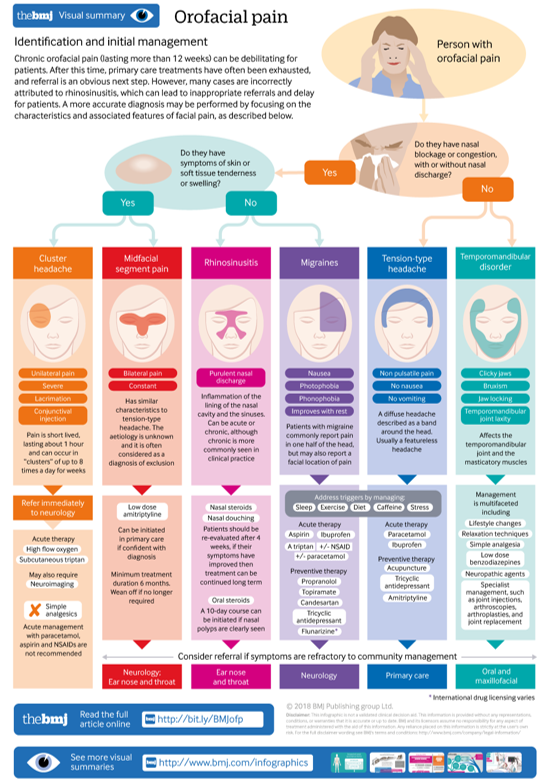 Behandlung von depressiven Störungen bei Kindern und Jugendlichen. Evidenz- und konsensbasierte Leitlinie (S3). AWMF-Registernr.: 048-023. July 2013.
Behandlung von depressiven Störungen bei Kindern und Jugendlichen. Evidenz- und konsensbasierte Leitlinie (S3). AWMF-Registernr.: 048-023. July 2013.Dowrick C, Frances A. Medicalising unhappiness: new classification of depression risks more patients being put on drug treatment from which they will not benefit. BMJ 2013; 347: f7140. [PubMed: 24322400]
Fergusson D, Doucette S, Glass KC, Shapiro S, Healy D, Hebert P et al. Association between suicide attempts and selective serotonin reuptake inhibitors: systematic review of randomised controlled trials. BMJ 2005; 330(7488): 396. [PMC free article: PMC549110] [PubMed: 15718539]
Fournier JC, DeRubeis RJ, Hollon SD, Dimidjian S, Amsterdam JD, Shelton RC et al. Antidepressant drug effects and depression severity: a patient-level meta-analysis. JAMA 2010; 303(1): 47-53. [PMC free article: PMC3712503] [PubMed: 20051569]
Gartlehner G, Gaynes BN, Amick HR, Asher G, Morgan LC, Coker-Schwimmer E et al.
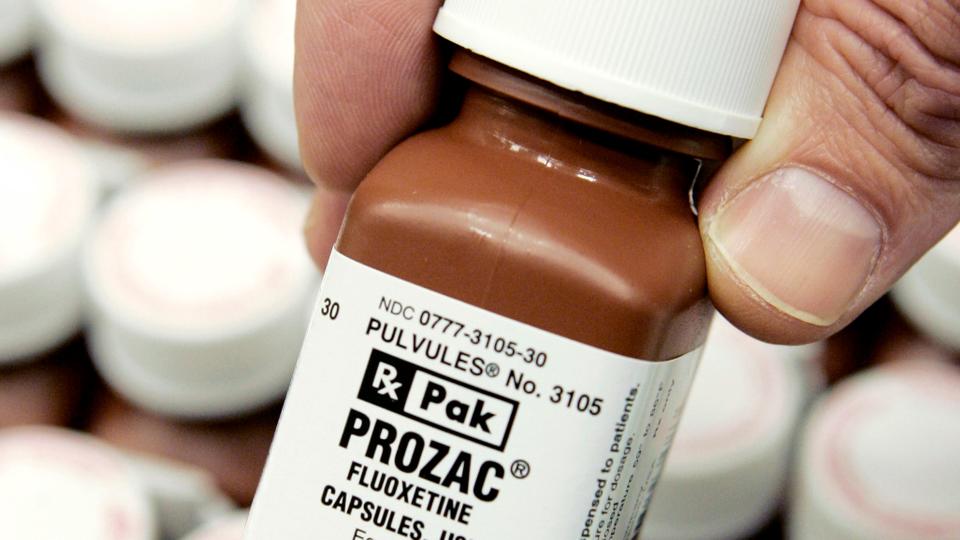 Nonpharmacological Versus Pharmacological Treatments for Adult Patients With Major Depressive Disorder. December 2015. (Comparative Effectiveness Reviews; Volume 161).
Nonpharmacological Versus Pharmacological Treatments for Adult Patients With Major Depressive Disorder. December 2015. (Comparative Effectiveness Reviews; Volume 161).Gartlehner G, Hansen RA, Morgan LC, Thaler K, Lux LJ, Noord M et al. Second-generation antidepressants in the pharmacologic treatment of adult depression: an update of the 2007 comparative effectiveness review. December 2011. (AHRQ Comparative Effectiveness Reviews; Volume 46).
Geddes JR, Carney SM, Davies C, Furukawa TA, Kupfer DJ, Frank E et al. Relapse prevention with antidepressant drug treatment in depressive disorders: a systematic review. Lancet 2003; 361(9358): 653-661. [PubMed: 12606176]
Hetrick SE, McKenzie JE, Cox GR, Simmons MB, Merry SN. Newer generation antidepressants for depressive disorders in children and adolescents. Cochrane Database Syst Rev 2012; (11): CD004851. [PMC free article: PMC8786271] [PubMed: 23152227]
Institute for Quality and Efficiency in Health Care (IQWiG, Germany).
 Bupropion, mirtazapine, and reboxetine in the treatment of depression: Final report; Commission A05-20C. November 9, 2009. (IQWiG reports; Volume 68).
Bupropion, mirtazapine, and reboxetine in the treatment of depression: Final report; Commission A05-20C. November 9, 2009. (IQWiG reports; Volume 68).Institute for Quality and Efficiency in Health Care (IQWiG, Germany). Selective serotonin and norepinephrine re-uptake inhibitors (SNRI) in the treatment of depression: Final report; Commission A05-20A. June 17, 2009. (IQWiG reports; Volume 55).
Linde K, Kriston L, Rucker G, Jamil S, Schumann I, Meissner K et al. Efficacy and acceptability of pharmacological treatments for depressive disorders in primary care: systematic review and network meta-analysis. Ann Fam Med 2015; 13(1): 69-79. [PMC free article: PMC4291268] [PubMed: 25583895]
Rayner L, Price A, Evans A, Valsraj K, Higginson IJ, Hotopf M. Antidepressants for depression in physically ill people. Cochrane Database Syst Rev 2010; (3): CD007503. [PubMed: 20238354]
IQWiG health information is written with the aim of helping people understand the advantages and disadvantages of the main treatment options and health care services.

Because IQWiG is a German institute, some of the information provided here is specific to the German health care system. The suitability of any of the described options in an individual case can be determined by talking to a doctor. We do not offer individual consultations.
Our information is based on the results of good-quality studies. It is written by a team of health care professionals, scientists and editors, and reviewed by external experts. You can find a detailed description of how our health information is produced and updated in our methods.
Antidepressants - pros and cons
Taking antidepressants in our country is associated with myths, fears and difficulties. Let's try to figure out what are the pros and cons of the pharmacology of a good mood.
Doctor's consultation
You can get the consultation of the necessary specialist online in the Doctis application
Laboratory
You can undergo a comprehensive examination of all major body systems nine0005
- Antidepressants in Russia and America
- Who needs antidepressants?
- Careful dose selection
- Long-term cumulative effect
- Probability of addiction to drugs
- Sedative action of antidepressants
- Paradoxical effects
Antidepressants in Russia and America
Many of us have heard that in the USA a citizen who finds himself in a difficult life situation does not go to a bar first, but to a psychotherapist.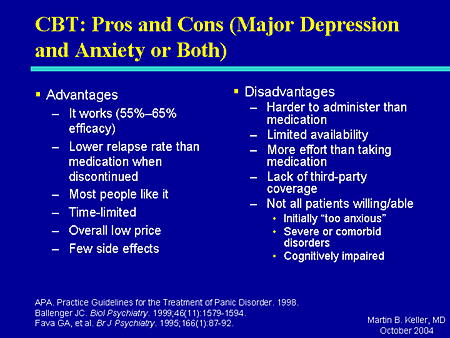 Which necessarily supplements psychological methods with pills for depression. So what Against this background, life seems much simpler and more interesting to Americans. Let's turn to the statistics - according to various sources, about 16% of the country's population constantly take antidepressants, and 38% at least once in life, they took a pill to get rid of the blues. nine0005
Which necessarily supplements psychological methods with pills for depression. So what Against this background, life seems much simpler and more interesting to Americans. Let's turn to the statistics - according to various sources, about 16% of the country's population constantly take antidepressants, and 38% at least once in life, they took a pill to get rid of the blues. nine0005
In our country, the figures are much more modest, less than 1% of the population receive permanent therapy, statistics on episodic there are no antidepressants, but it is unlikely to exceed the same percentage. Further application statistics antidepressants demonstrates even more cunning: in our country there are more suicides - 19.5 cases per 100 thousand population versus 12.1 cases in the US. But, over the past 15 years, the number of suicides has been rapidly decreased by as much as 44%, while in the United States, on the contrary, it increased, and over the same period by 24.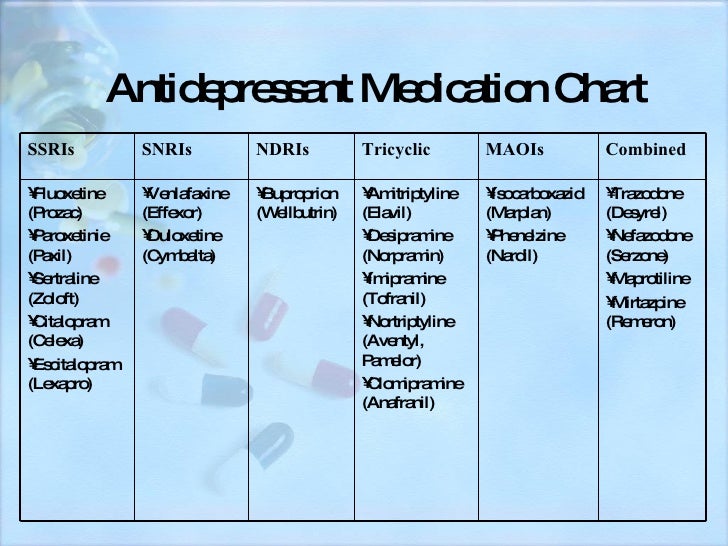 2%. nine0005
2%. nine0005
To whom did the doctor prescribe?
Think about whether antidepressants are needed. “Of course we need it,” the neurologist and the psychiatrist grin simultaneously. You just need to assign them only to those who, without them at this stage of life, really not enough.
For example, in the treatment of protracted exacerbations of intervertebral hernias, plexopathies, chronic pain in the cervical region spine and shoulder. In this case, prolonged pain is exhausting and depressing, therefore, it is very important to supplement the course of painkillers and anti-inflammatory drugs with a pill for depression. nine0005
Another group of patients are women over 40 who are on the verge of menopause, as well as men who faced with a midlife crisis. Such patients often "settle" with therapists and do not reach to the psychiatrist's office, and it is in such a situation that it is important to help a person avoid depression, which can lead to the most negative consequences.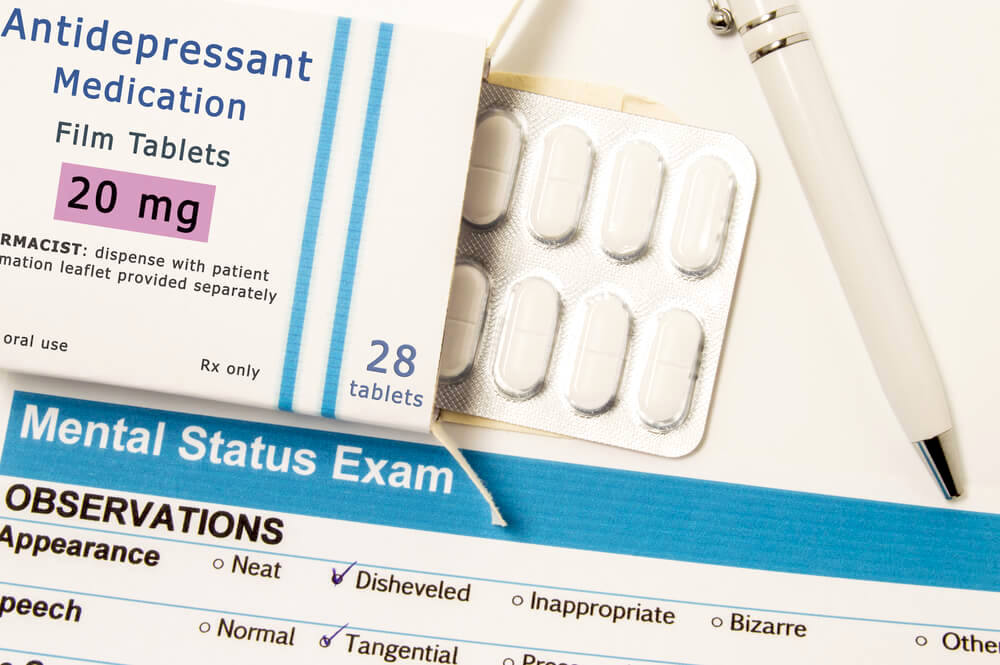
Teenagers prone to unmotivated sadness, mood swings may also require a course of antidepressants, which will help both them and their parents to get through this difficult time without any problems. nine0005
Among the testimonies are various phobias that develop especially often among residents of megacities in our country. difficult time. It can be oncophobia - the fear of getting cancer, the fear of losing work, fail to raise children, suffer a stroke and become helpless. People exhaust themselves in search more and more new symptoms of diseases, constant monitoring of offers in the labor market in case layoffs, other unnecessary things. Psychotherapy supplemented with antidepressants in this case helps break the vicious circle and get rid of obsession. nine0005
Taking Antidepressants - Caution Needed!
Unfortunately, in practice, everything is not so simple. One of the most serious problems is that that many patients who do need antidepressant prescriptions do not reach to neurologists and psychiatrists.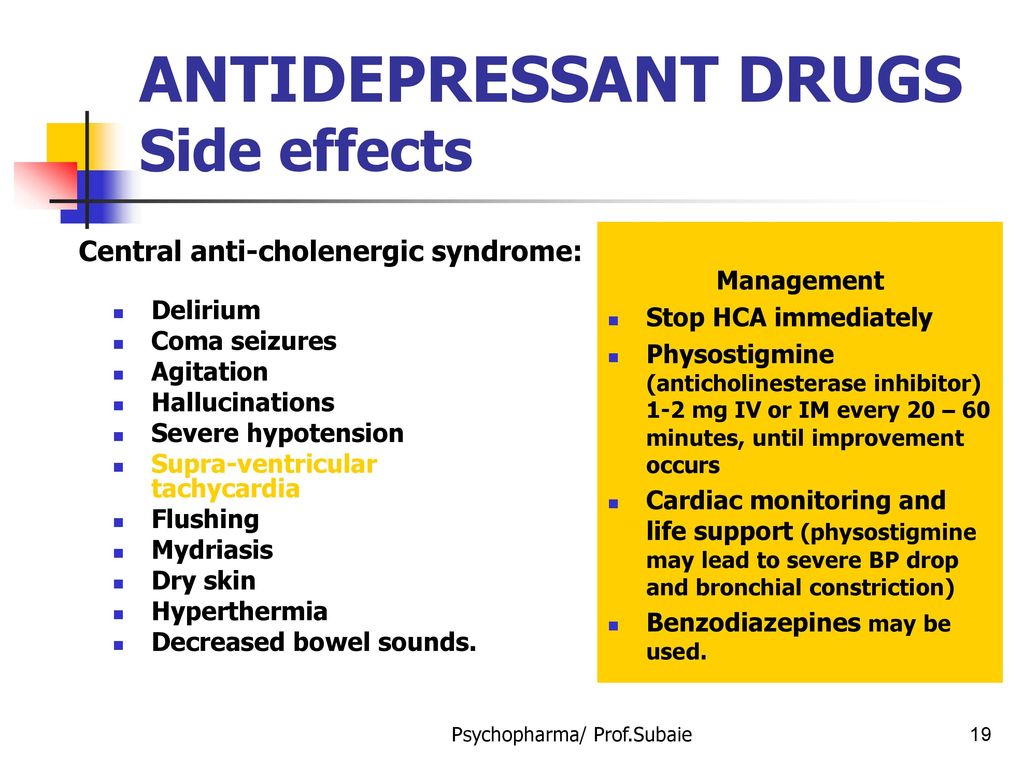 Primary care doctors do not take their complaints seriously, at best they prescribe light sedatives and send them home. Tired of meaningless visits to the therapist, those suffering from depression withdraw into themselves, the symptoms of mental illness progress. nine0005
Primary care doctors do not take their complaints seriously, at best they prescribe light sedatives and send them home. Tired of meaningless visits to the therapist, those suffering from depression withdraw into themselves, the symptoms of mental illness progress. nine0005
Another difficulty in taking antidepressants is the need careful selection of the dose, requires scrupulous administration of the drug and repeated visits to the doctor for correction therapy. Many are not ready for this, they continue to drink the dosage prescribed at the primary reception and soon, disappointed, quit treatment.
Long-term cumulative effect is another story about antidepressants. Many drugs, the effect appears only after 3-4 weeks, and, even though the doctor warned patients to stop taking the drug in advance, which, in their opinion, was useless. nine0005
Among the minuses that you should really pay attention to, first of all, the likelihood of addiction.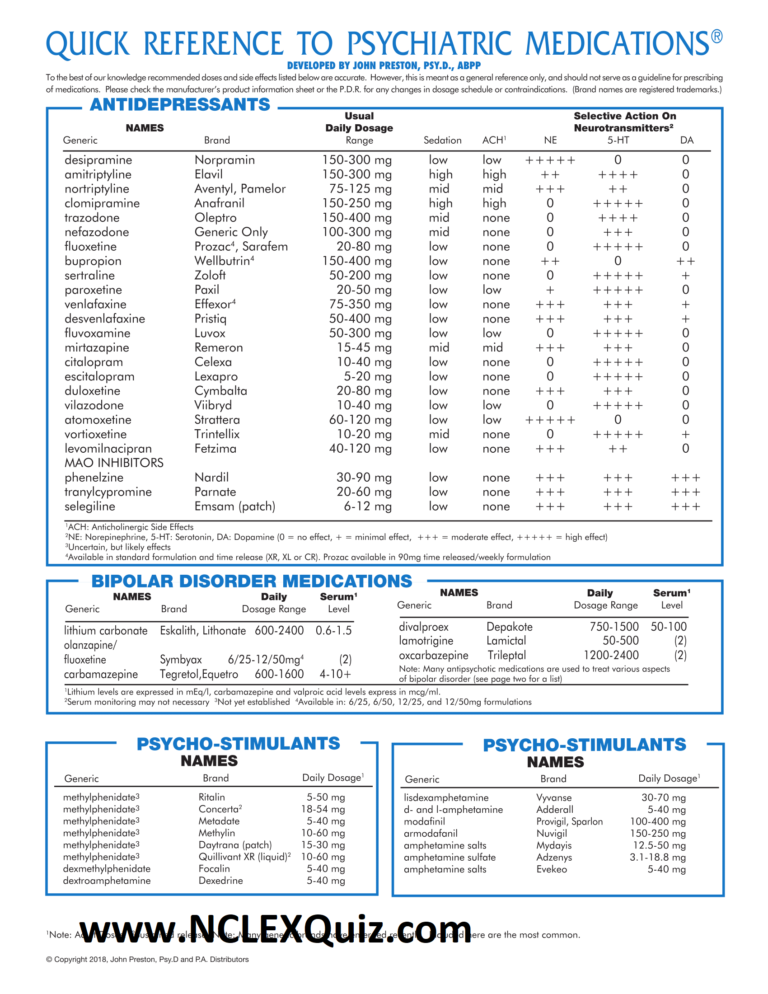 Therefore, neurologists psychiatrists emphasize every time that taking antidepressants is always work in pairs, the patient and the doctor must be in contact so that the doctor has time to change the drug in time or reduce dosage until dependence is formed.
Therefore, neurologists psychiatrists emphasize every time that taking antidepressants is always work in pairs, the patient and the doctor must be in contact so that the doctor has time to change the drug in time or reduce dosage until dependence is formed.
Another side effect that can be called undesirable is the sedative effect of some medicines. Therefore, if you are a person behind the wheel or an employee of an important profession in which concentration and attention are needed, be sure to inform your doctor about this. nine0005
And one more important aspect, according to the observation of psychiatrists, antidepressants, especially from the tricyclic group, should be given very carefully to the elderly after 70 years , they may develop paradoxical effect, manifested by psychosis, up to the development of hallucinations.
If you have any questions, you can ask your general practitioner online at Doctis app.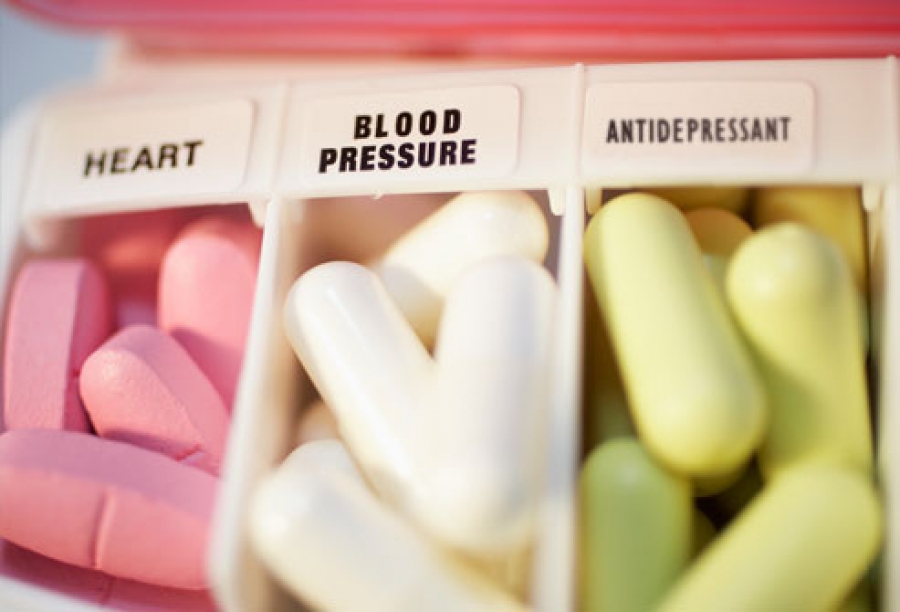
The author of the article: Aleksey Yurievich Fedorov
What you should know about antidepressants
Ekaterina Kushnir
treats anxiety disorder
I have generalized anxiety disorder.
For a long time I coped without pills and other help, but one day I got tired of constant anxiety and began to interfere with my normal life. As a result, I turned to a private psychiatrist.
The doctor prescribed an antidepressant from the SSRI group - these are selective serotonin reuptake inhibitors. Such drugs are the first thing prescribed in the treatment of depression and a number of other conditions, including my disease. nine0005
The doctor immediately warned me about some peculiarities associated with taking the drug. Some of them I then felt on myself. I think everyone who plans to be treated with antidepressants should know about them.
At the same time, it should be taken into account that most of the negative effects of therapy are temporary and not dangerous, and if they do not go away, one medicine can be replaced with another. Antidepressants help many people with mental disorders and other illnesses get rid of their symptoms and return to a full life, so you definitely should not be afraid of them. The main thing is to take such drugs when they are really needed: as prescribed by a competent doctor and under his control. nine0005
Antidepressants help many people with mental disorders and other illnesses get rid of their symptoms and return to a full life, so you definitely should not be afraid of them. The main thing is to take such drugs when they are really needed: as prescribed by a competent doctor and under his control. nine0005
See a doctor
Our articles are written with love for evidence-based medicine. We refer to authoritative sources and go to doctors with a good reputation for comments. But remember: the responsibility for your health lies with you and your doctor. We don't write prescriptions, we make recommendations. Relying on our point of view or not is up to you.
Fact No. 1
Antidepressants may make symptoms worse at first Antidepressants can increase anxiety in anxiety disorders, as well as cause irritability and agitation - the so-called causeless motor agitation, the inability to sit still. It's not dangerous, but rather unpleasant. This condition is sometimes referred to as initial anxiety, that is, the anxiety of starting therapy.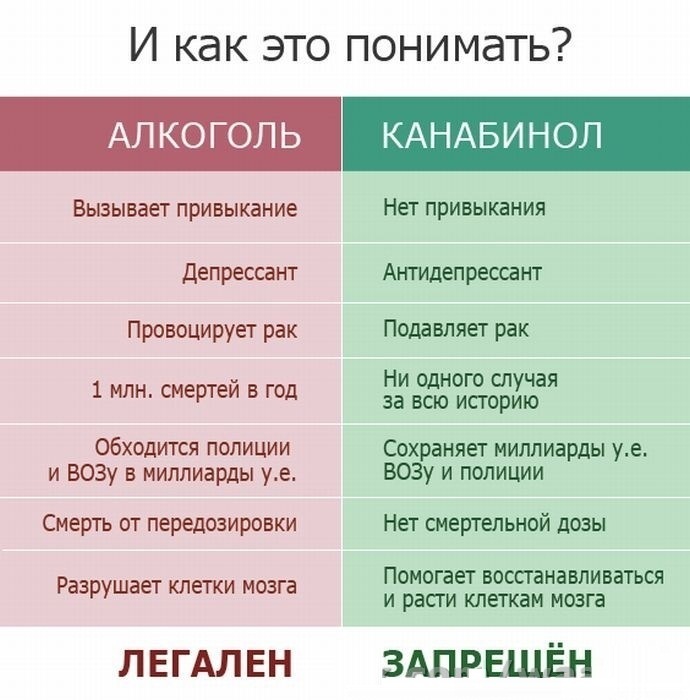 Up to 65% of people face it. nine0005
Up to 65% of people face it. nine0005
Antidepressant-induced anxiety syndrome - a systematic review in the British Journal of Psychiatry
There is also evidence that some classes of antidepressants, including SSRIs, may increase suicidal ideation in depression in young people aged 18 to 24 years. These data are not very reliable, and in older people, the risk of suicide no longer increases and even decreases.
Without treatment, depression is more likely to lead to suicidal thoughts, and in case of anxiety, you just need to prepare for such an effect, then it will be easier to survive the attacks. nine0005
The doctor told me that in the first two or three weeks there may be an increase in anxiety, but I did not take it too seriously.
Everything was fine for the first week. After about seven days, I became nervous and irritable. And then I woke up at night and after a while I felt an incomprehensible fear. My heartbeat increased, my head was spinning, my throat was constricted.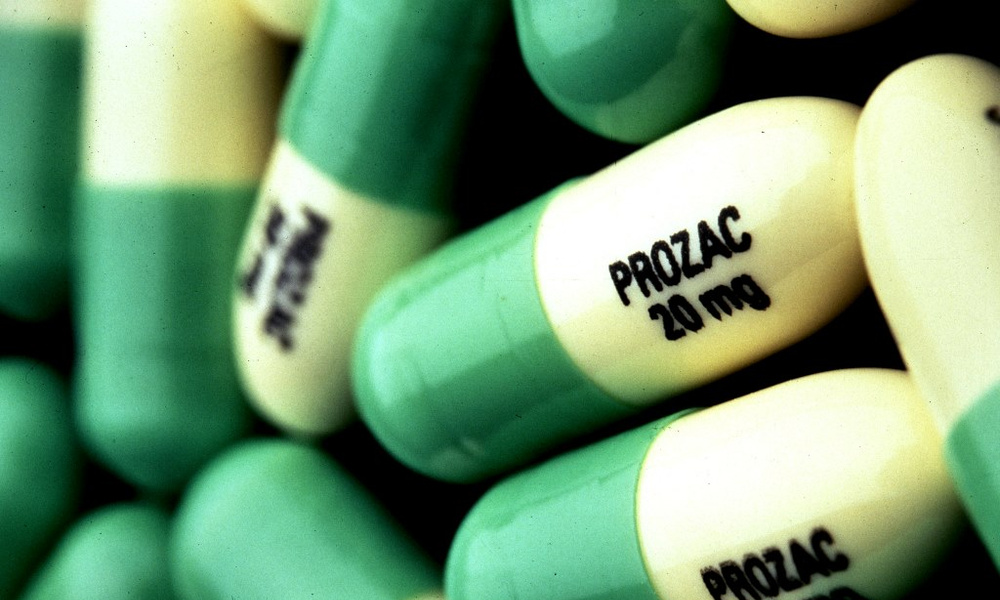 Because of this, I felt a real panic - I spent the rest of the night fighting terrible thoughts, in the morning I got up completely broken. nine0005
Because of this, I felt a real panic - I spent the rest of the night fighting terrible thoughts, in the morning I got up completely broken. nine0005
/list/antidepressant-myths/
8 myths about antidepressants
I have never had such panic attacks before medication - my anxiety was background, general. I got scared and wrote to the doctor, who reassured me and said that it was not dangerous and would pass soon.
After that, I was already waiting for these panic attacks, immediately tried to relax, calm down, remember that this was just a temporary effect of drugs. And they ended faster, and then they completely disappeared.
My letter to a psychiatrist. I was scared: I expected an increase in background anxiety, but not panic attacks. I even thought about giving up the medicineFact No. 2
The effect of antidepressant treatment will not be immediate Increase the dose of antidepressants gradually to reduce side effects.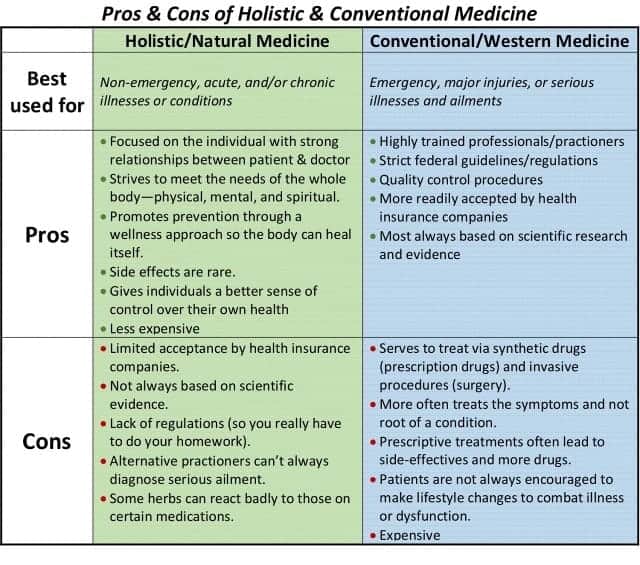 They usually start with the minimum, and then bring it up to the working one. For example, for SSRIs with the active ingredient "sertraline", the working dose is from 100 mg per day. I started taking such a drug with 25 mg, and then gradually, in several steps, under the supervision of a doctor, raised the dose to 100 mg.
They usually start with the minimum, and then bring it up to the working one. For example, for SSRIs with the active ingredient "sertraline", the working dose is from 100 mg per day. I started taking such a drug with 25 mg, and then gradually, in several steps, under the supervision of a doctor, raised the dose to 100 mg.
SSRI dosage - NHS
What doses of antidepressants will be optimal - an article in The Lancet
The process of reaching a working dose can take from two weeks to a month or more. It depends on the drug and its tolerance. I turned out to be sensitive to the medicine, it was hard for me to survive every increase in dosage: anxiety increased again, there were other side effects that then stopped. However, this is not the case for everyone, sometimes the process goes faster.
The full therapeutic effect, that is, the disappearance or a strong improvement in the symptoms of the disease, occurs some time after reaching the working dosage. As a rule, this is a week or two, although some positive changes may be earlier.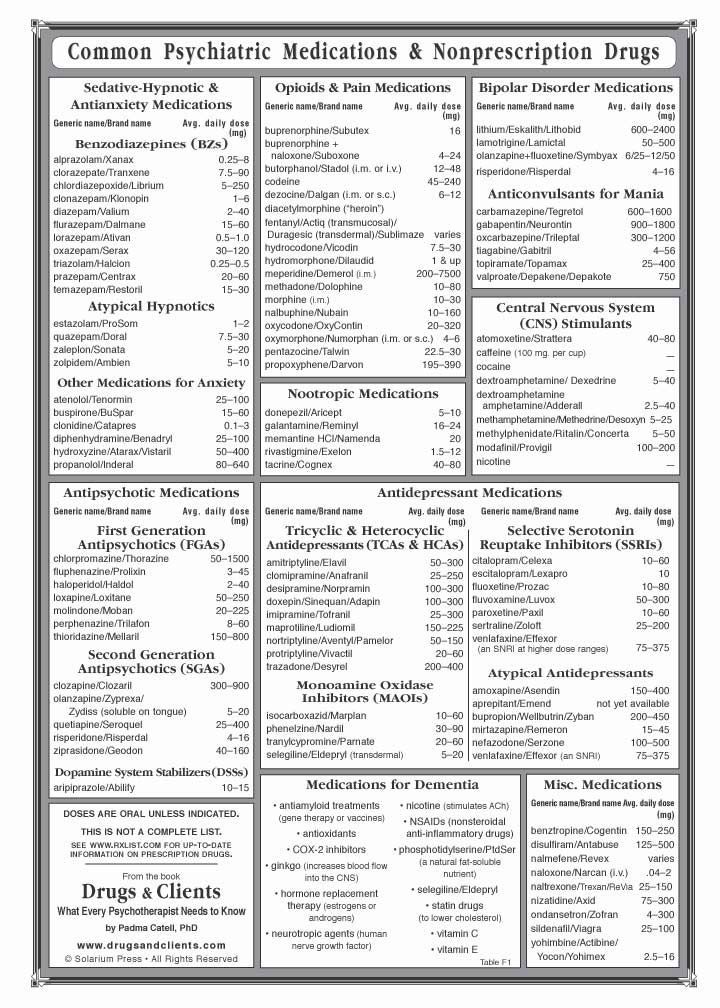 For some people, this process stretches for a longer period: 6-12 weeks. Minimum initial doses of drugs usually do not work. nine0005
For some people, this process stretches for a longer period: 6-12 weeks. Minimum initial doses of drugs usually do not work. nine0005
It is better to prepare for the fact that the symptoms of the disease will not disappear in the first weeks of treatment. And remember - this does not always mean that the drug needs to be changed, sometimes you just need to wait or further increase the dosage under the supervision of a doctor.
Fact No. 3
Antidepressants are usually taken in combination with other drugsAnother way to mitigate the side effects of antidepressants is to prescribe an additional drug along with them: for example, from the group of tranquilizers. Such drugs may have their own side effects, they should not be taken for a long time. Unlike antidepressants, some of them can be addictive. They are usually appointed for a month, but this period may be shorter or longer. nine0005
Antidepressants together with benzodiazepines work better for depression - BMJ magazine
My doctor prescribed a rather mild drug.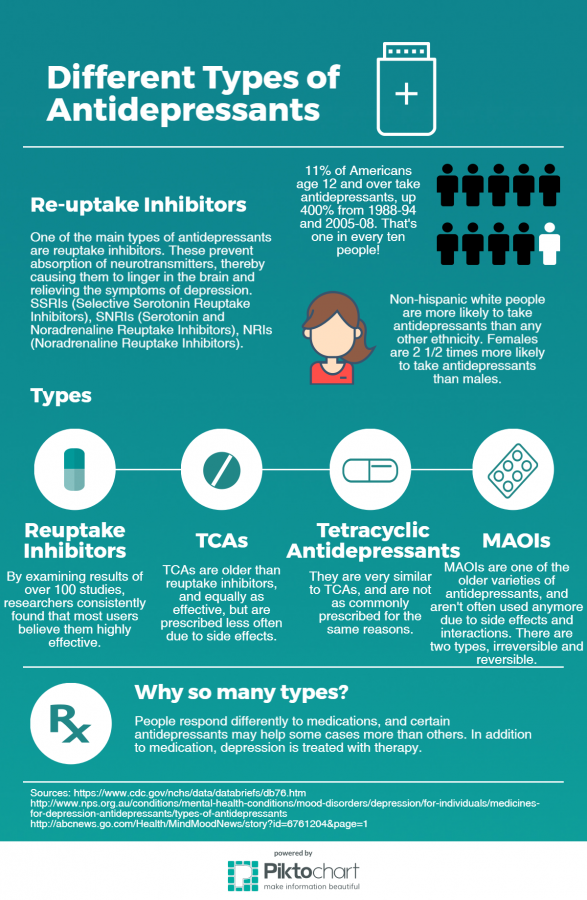 However, he did not suit me. At first, it caused increased drowsiness: during the period of increased anxiety, it went away for a while, but then returned - even with half a pill I turned off and could sleep all day. And if I drank at night, I woke up with difficulty in the morning. The psychiatrist prescribed another medicine, but I could not buy it: the drug was not available in any pharmacy nearby. nine0005
However, he did not suit me. At first, it caused increased drowsiness: during the period of increased anxiety, it went away for a while, but then returned - even with half a pill I turned off and could sleep all day. And if I drank at night, I woke up with difficulty in the morning. The psychiatrist prescribed another medicine, but I could not buy it: the drug was not available in any pharmacy nearby. nine0005
As a result, I simply endured all the side effects of therapy - they were unpleasant, but tolerable. When discussing with the doctor, she called this option acceptable if the side effects of the second medicine only worsen the situation.
My prescriptions for drugs. I never used one, because there was no such medicine in pharmaciesFact No. 4
Side effects are not always, but they are Modern antidepressants, including SSRIs, are mild and have almost no side effects. Older drugs - tricyclic antidepressants and monoamine oxidase inhibitors - cause more side effects.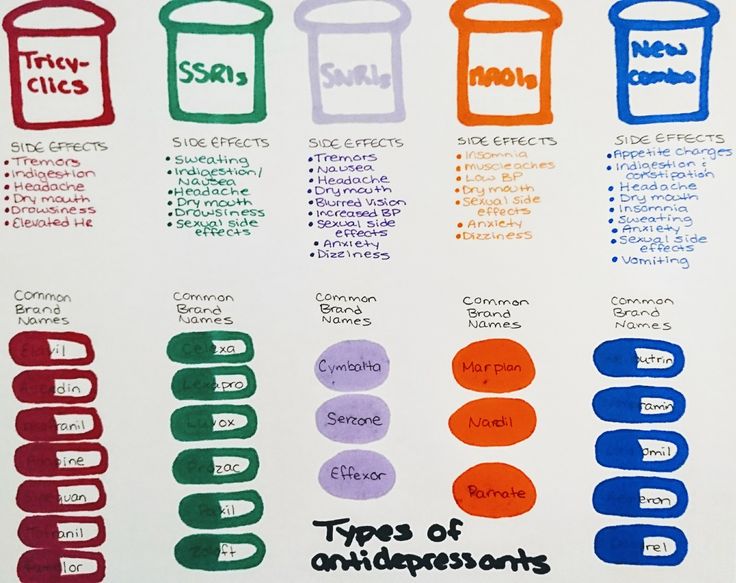 Doctors usually use them when milder first-line drugs don't work or when they can't be prescribed. nine0005
Doctors usually use them when milder first-line drugs don't work or when they can't be prescribed. nine0005
Side effects of antidepressants - the National Health Service of the UK
Side effects of various antidepressants - Uptodate
Side effects of antidepressants and their impact on the treatment of a large depressive disorder - the journal NATURE
STRICTIC STRICTIC OF REDICE
. effects of antidepressants - advice from the Mayo Clinic staffChoosing an SSRI drug does not guarantee the absence of side effects - many people tolerate treatment easily, but sometimes a change in drug may be necessary. nine0005
The first couple of weeks of taking there is a risk that the state of health will be so-so - it's worth thinking about. It may be worth scheduling the start of therapy on vacation.
I work remotely, and it was easier for me: the first pill was taken on Saturday, I slept through the weekend. Then she continued to work, but refused any additional loads: housework, part-time jobs, training and everything else.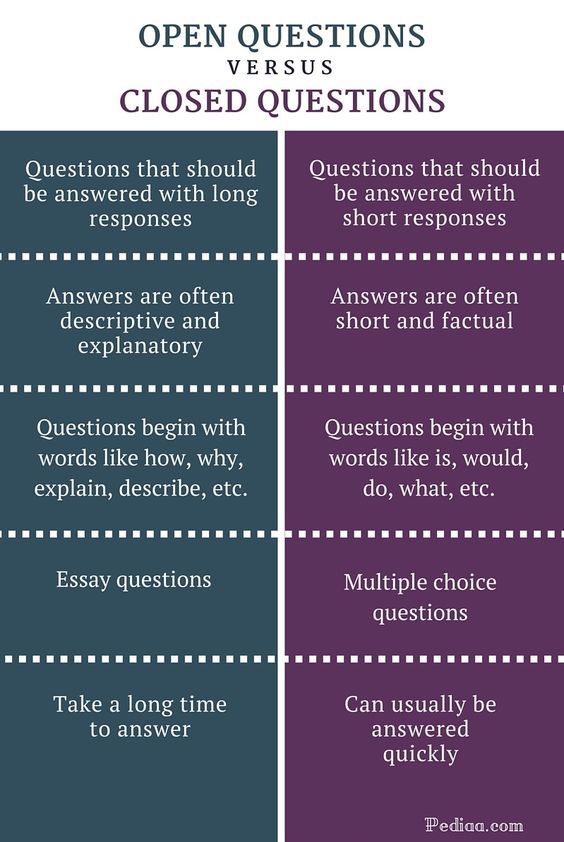
It was hard to work: I wanted to sleep, then I began to worry and get distracted. I also had diarrhea, nausea, headaches, tremors, i.e. hand trembling, hot flashes, sweating, palpitations. At night, panic attacks began, in the morning I had difficulty getting up because I was in pain and dizzy. nine0005
There are mixed data on how common side effects of antidepressants are. If we summarize them, then the numbers look something like this:
- nausea - about 25% feel it;
- diarrhea - it happens in 15% of people, and 5%, on the contrary, will have constipation;
- about 20% of people experience sweating and feeling hot;
- sexual dysfunction, decreased libido may occur in 80% of cases;
- insomnia - in 11% of cases;
- headache and dizziness - in about 10-11% of cases; nine0016
- weight gain - not all drugs have this effect.
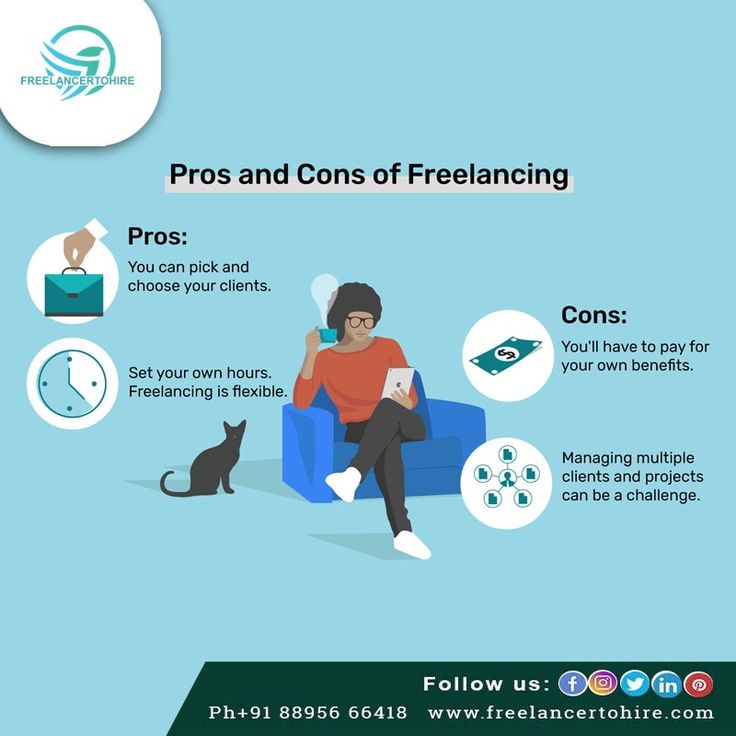 Some, on the contrary, can reduce weight. On my medicine, I lost 2 kilograms in the first month, despite the fact that I quit training due to poor health. True, then they returned back.
Some, on the contrary, can reduce weight. On my medicine, I lost 2 kilograms in the first month, despite the fact that I quit training due to poor health. True, then they returned back.
It can be seen that most side effects occur in less than half of the cases. In addition, in most cases they pass in the first weeks and are not dangerous.
Side effects not listed above are very rare. I was "lucky", and I faced one such - a decrease in visual acuity. Once in the morning I noticed that I see worse without glasses. A little later, I realized that something was wrong with the glasses. nine0005
I wrote to the doctor, she replied that this happens, as a rule, is not dangerous and passes, but it is better to visit an ophthalmologist. I went to the ophthalmologist, everything was fine with my eyes, there was nothing terrible, but my vision really worsened - it was not a subjective feeling. On the right eye, it was -0.5 diopters, it became -0.75, and on the left eye it was -1.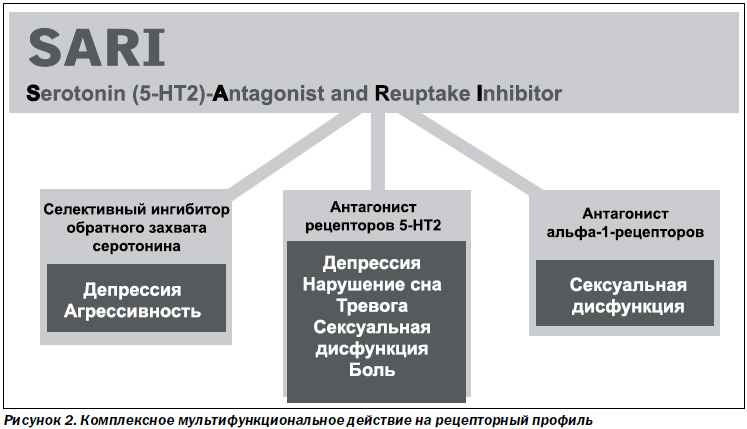 5, and it became -3.5.
5, and it became -3.5.
I was offered to try changing the drug, but I decided to wait. Vision was then restored. I have not yet gone to the doctor to have it measured, but according to subjective feelings, it is at the same level as before: I am comfortable again in my glasses. nine0005
Side effects should not be tolerated - if something greatly worries, scares or interferes with life, it is better to tell the doctor right away. The psychiatrist will be able to determine whether the side effect of the drug is dangerous and whether it is worth continuing to take it. There are several antidepressants of the SSRI group, in addition, there are groups of drugs with a slightly different mechanism of action. As a rule, doctors manage to find a medicine that gives a good effect without side effects.
If there is no danger, the doctor can adjust the dose or increase it more gradually - this often helps to cope with unpleasant effects. nine0005 I wrote to the doctor again when my visual acuity decreased
Fact No. 5
5
Antidepressants are not drugs that you can stop drinking as soon as you get better. They are taken for a long time: usually from several months, less often several years.
Anxiety Therapy - UpToDate
For example, for generalized anxiety disorder, the duration of treatment is at least a year. Moreover, the date is not counted from the very beginning, but from the moment when a lasting effect appeared from the pills. In fact, they will have to be drunk for about 1.5 years - it depends on how long it takes to reach the working dosage of the medicine. nine0005
The cost of a package of the most famous antidepressant "Zoloft" is about 700 R, enough for about a month. That is, a course of therapy will cost about 10,000 R - maybe more or less, depending on which drug is selected.
Psychotherapy review - UpToDate
Another drug of the same group already costs more than 2000 R per pack. Source: rigla.ru The cost of an appointment with a good psychiatrist in Moscow is 3000-5000 R. At first, you will need to visit him about once every 1-1.5 months, then less often. nine0005
At first, you will need to visit him about once every 1-1.5 months, then less often. nine0005
You can apply to the psycho-neurological dispensary at the place of residence under compulsory medical insurance - it's free. At the same time, they will not put you on psychiatric registration: it was canceled in 1993. People with disorders that do not threaten their lives or those around them are on consultative and diagnostic care. If you stop going to the doctor, he will not find out what happened: a person seeks help at will.
Psychotherapy, usually cognitive-behavioral, is also commonly prescribed to enhance and sustain the effects of antidepressants. In many cases, it improves the effectiveness of drugs, including depression and generalized anxiety disorder. An appointment with a psychotherapist in Moscow costs an average of 5000 R. For treatment, you will need about 10 sessions or more. nine0005
/psychotherapy/
How psychotherapy works
Fact No. 6
6
Antidepressants do not develop dependence. However, if you abruptly stop drinking them, there will be a withdrawal syndrome. This is felt as electric current discharges while moving or turning the head, headaches, dizziness, insomnia. Many people experience symptoms similar to the flu or an intestinal virus: low fever, diarrhea, general malaise, chills. Often there is anxiety, there are intrusive images. nine0005
Withdrawal symptoms after taking serotonin reuptake inhibitors - Journal of Clinical Psychiatry
How difficult it is to stop taking antidepressants - American Psychological Association
Stopping antidepressants in adults - UpToDate
treatment, they should be canceled only under the supervision of a doctor.
Antidepressant withdrawal occurs as gradually as the start of treatment. The dosage is slowly reduced, usually at this time again a cover-up drug is prescribed to alleviate side effects.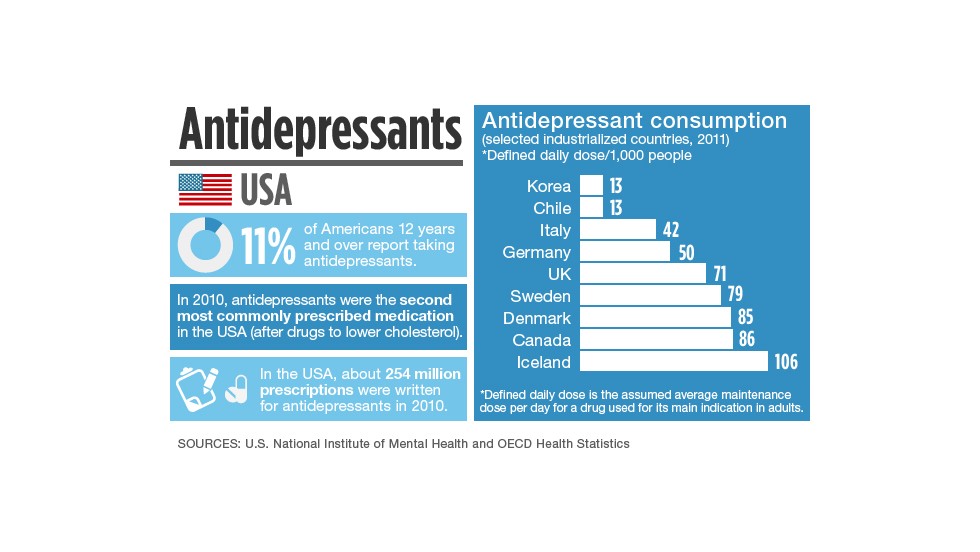 As a rule, this is the same medicine that was at the beginning of the intake. nine0005
As a rule, this is the same medicine that was at the beginning of the intake. nine0005
Withdrawal is usually harmless and resolves within the first weeks of stopping the drug. Sometimes even within a few days - it still depends on which medicine was prescribed. If severely disturbing symptoms appear during the withdrawal period, you should consult a doctor.
Fact No. 7
If you need to change the drug, everything will start overIt is far from always possible to immediately find the right antidepressant - sometimes the side effects do not go away and you need to take a new one. nine0005
Changing antidepressants in adults - UpToDate
Serotonin syndrome - MSD
Most often, it is started again with a small dosage, this delays the process of obtaining the effect of treatment. The new drug may also have side effects - the same or different. We will have to wait again until they pass.
You won't be able to change the drug on your own, since all antidepressants are sold only by prescription - and that's good.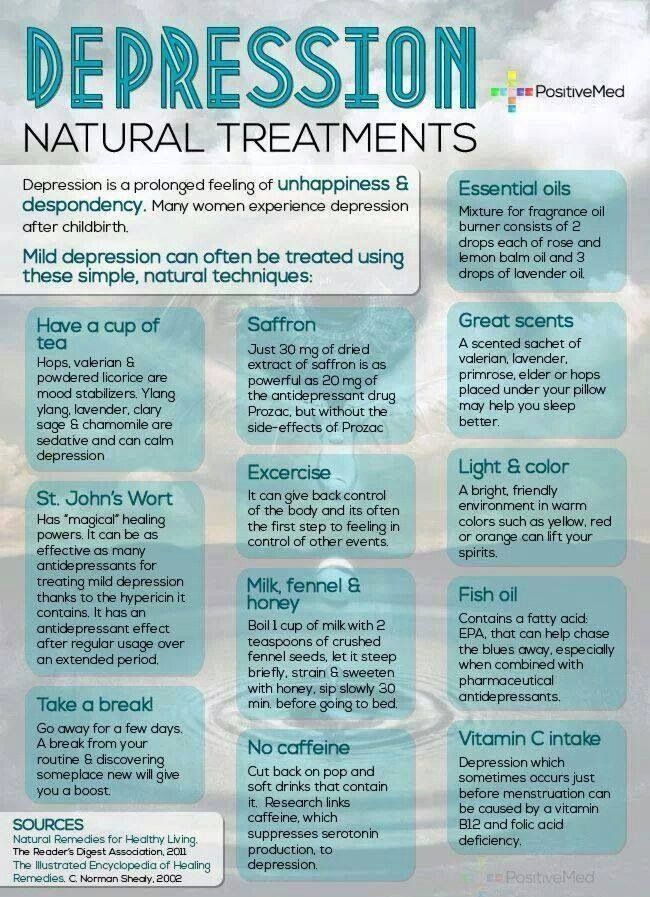 Switching from one drug to another can be dangerous if you do not know the characteristics of different groups of drugs. nine0005
Switching from one drug to another can be dangerous if you do not know the characteristics of different groups of drugs. nine0005
For example, taking SSRIs is possible only some time after the withdrawal of antidepressants from the group of monoamine oxidase inhibitors - due to the risk of developing serotonin syndrome. This is a potentially fatal condition, accompanied by a change in mental state, high fever, increased muscle tone and other symptoms.
If the drug is changed correctly, there will be no dangerous negative effects, so consultation with a doctor is required.
/psychotherapy-search/
How to choose a psychotherapist
Fact No. 8
Among antidepressants there are original drugs and generics Preparations may be original or generic. Originals are medicines first released by some pharmaceutical company that have passed all clinical trials and checks. Generics are drugs with the same active ingredient from another pharmaceutical company, that is, copied from the original drug.
Theoretically, the effect of generic drugs should not differ from the effect of original drugs. However, this is possible, since generics may contain other additional substances or the manufacturer may use other raw materials. nine0005
Due to my anxiety, I did not read anything in detail about specific drugs before I bought my first antidepressant in a pharmacy, so as not to be scared and not think about taking it. I also didn’t think to ask the doctor about this question.
/list/covid-depression/
Psychoneurological complications after covid: memory problems and depression
As a result, I first bought a generic because it was in stock. Then it turned out that, after all, according to the experience of my psychiatrist, the original drug often gives fewer side effects and is better tolerated. As a result, I changed the generic to the original drug - and, indeed, the side effects softened. nine0005
In my subjective opinion, which is supported by some data, in the case of antidepressants and other psychotropic drugs, you should always choose the original medicine. Moreover, the cost of originals and generics is not always very different.
Moreover, the cost of originals and generics is not always very different.
Originals and generics of some SSRIs
| Active ingredient | Original | Original price | Generics | Cost of generics |
|---|---|---|---|---|
| Sertraline | Zoloft | About 700 R, 100 mg tablets | Serenata, Sirlift | 500-600 R, 100 mg tablets |
| Escitalopram | Cipralex | 3000 R, 10 mg tablets | "Selektra", "Elycea" | 500-1300 R, 10 mg tablets |
| Fluoxetine | Prozac | About 350 R, 20 mg tablets | Profluzak, Fluoxetine | 100-200 R, tablets 20 mg |
CERTRALIN
Original
Zoloft
Original cost
about 700 r, tablets 100 mg
generic
“Serenata”, “Cerelift”
Cost of
9000 500-600 r. , tablets 100 mgEscitalopram
Original
Cipralex
Original price
3000 r, tablets 10 mg
generics
“Checkra”, “Elice”
Cost of generics
500-1300 r, tablets 10 mg
Fluoxetine
9000Prose “Prose”
cost cost
Cost original
Approx.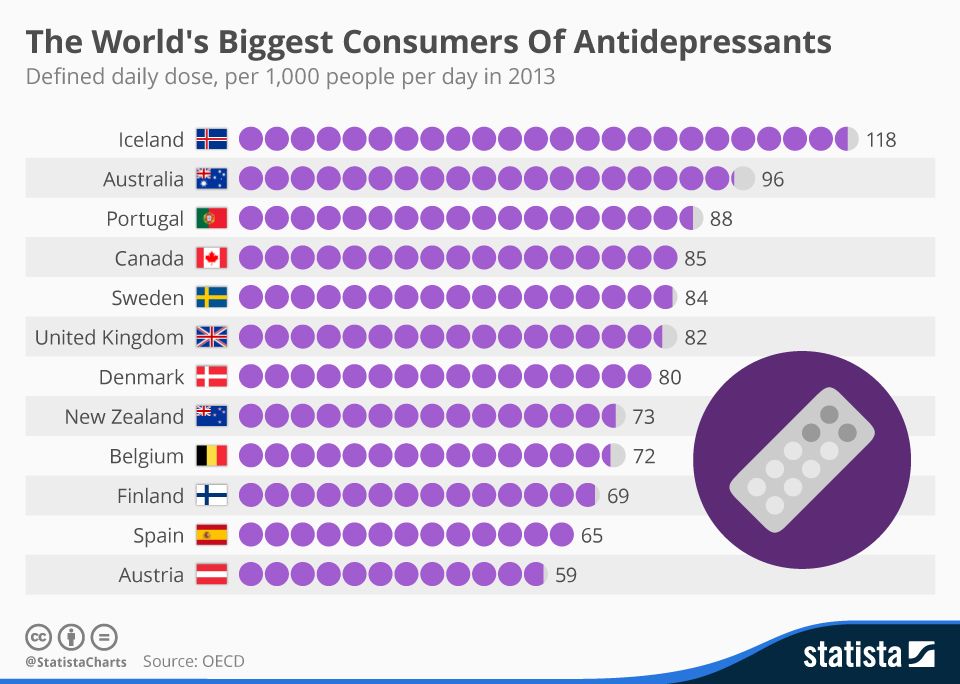 one remained unclaimed
one remained unclaimed
Fact No. 9
Do not take alcohol along with antidepressantsDrinking alcohol while taking antidepressants may exacerbate unpleasant side effects. Also, alcohol is a depressant, that is, it has the opposite effect, and its intake can adversely affect the results of treatment.
Why you shouldn't mix antidepressants and alcohol - Mayo Clinic
Alcohol is strictly forbidden to drink with some groups of antidepressants, for example, tricyclic antidepressants and monoamine oxidase inhibitors: combination with the latter, for example, can lead to an uncontrolled increase in pressure. MAO inhibitors in general require a special diet - it is unlikely that a doctor will prescribe such drugs as the first antidepressants, but if necessary, he will issue a list of what is allowed and prohibited. nine0005
With other antidepressants, moderate use may not be dangerous and even pass without consequences, but doctors still recommend abstaining so as not to increase side effects and improve treatment outcome.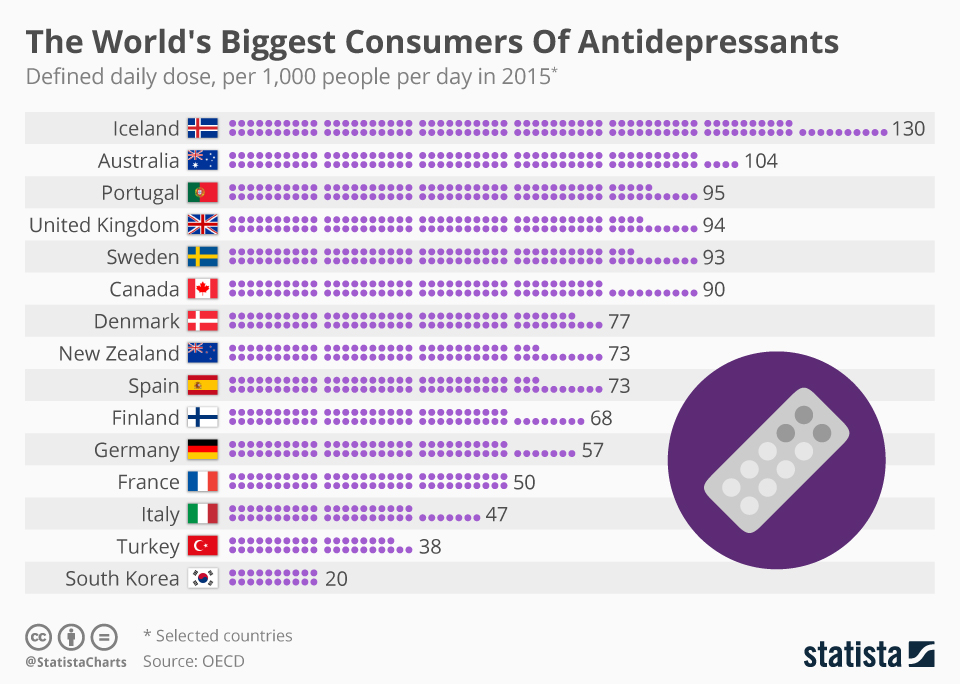
The main thing is not to temporarily stop taking the drug in order to drink. This can lead to the development of a withdrawal syndrome.
/trevoga/
How I Treated Generalized Anxiety Disorder under CHI
Fact No. 10
Antidepressants are incompatible with certain drugs and have contraindications nine0004It is important to tell your doctor what medications you are taking and what chronic illnesses you have. For example, SSRIs may not be suitable for epilepsy and bleeding disorders, and tricyclic antidepressants are usually not prescribed for those who have recently had a heart attack, suffer from glaucoma, or porphyria.
Antidepressant Warnings - NHS
Drug Compatibility Test - Drugs.com
It is also important to be careful if you are about to take any over-the-counter medicine. For example, ibuprofen, which people often take on their own to relieve pain and reduce fever. It should not be taken with SSRIs as it increases the risk of gastrointestinal side effects.